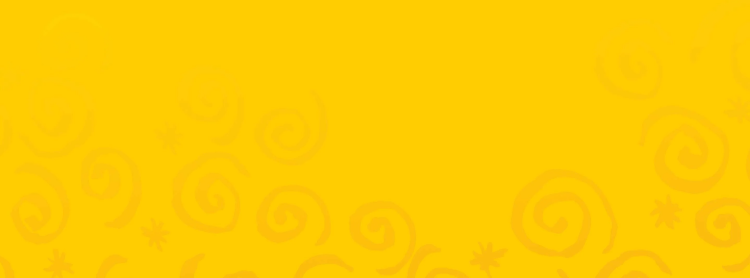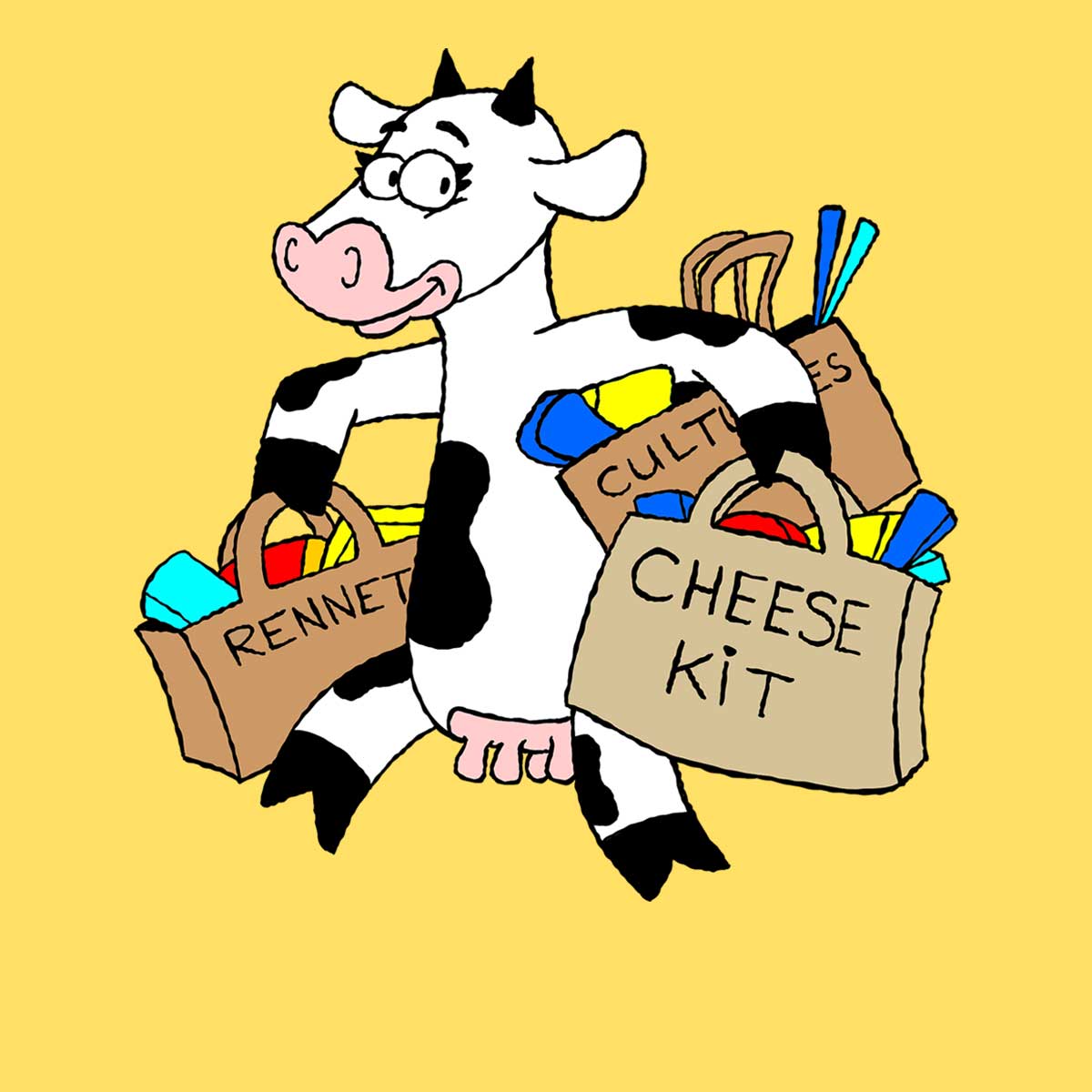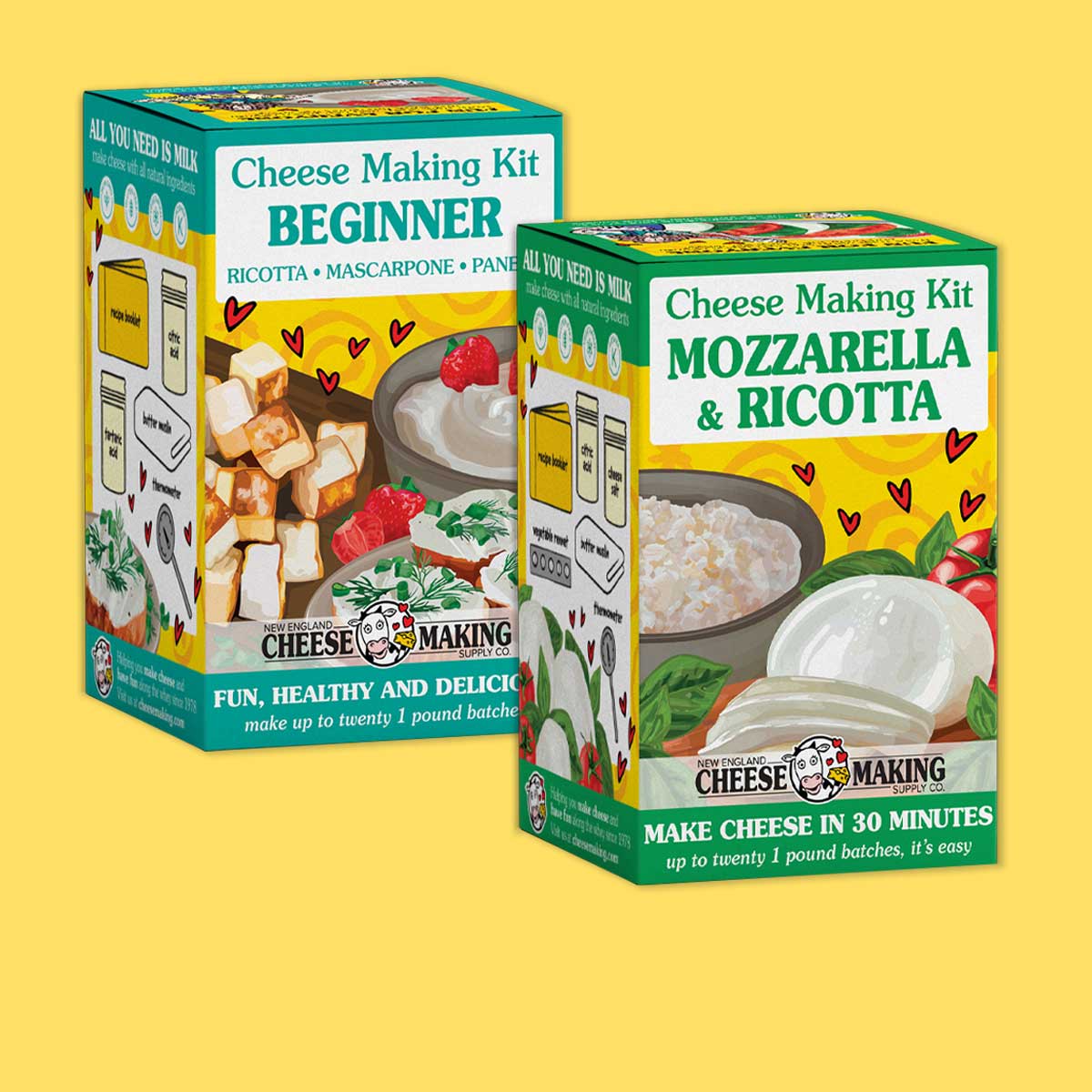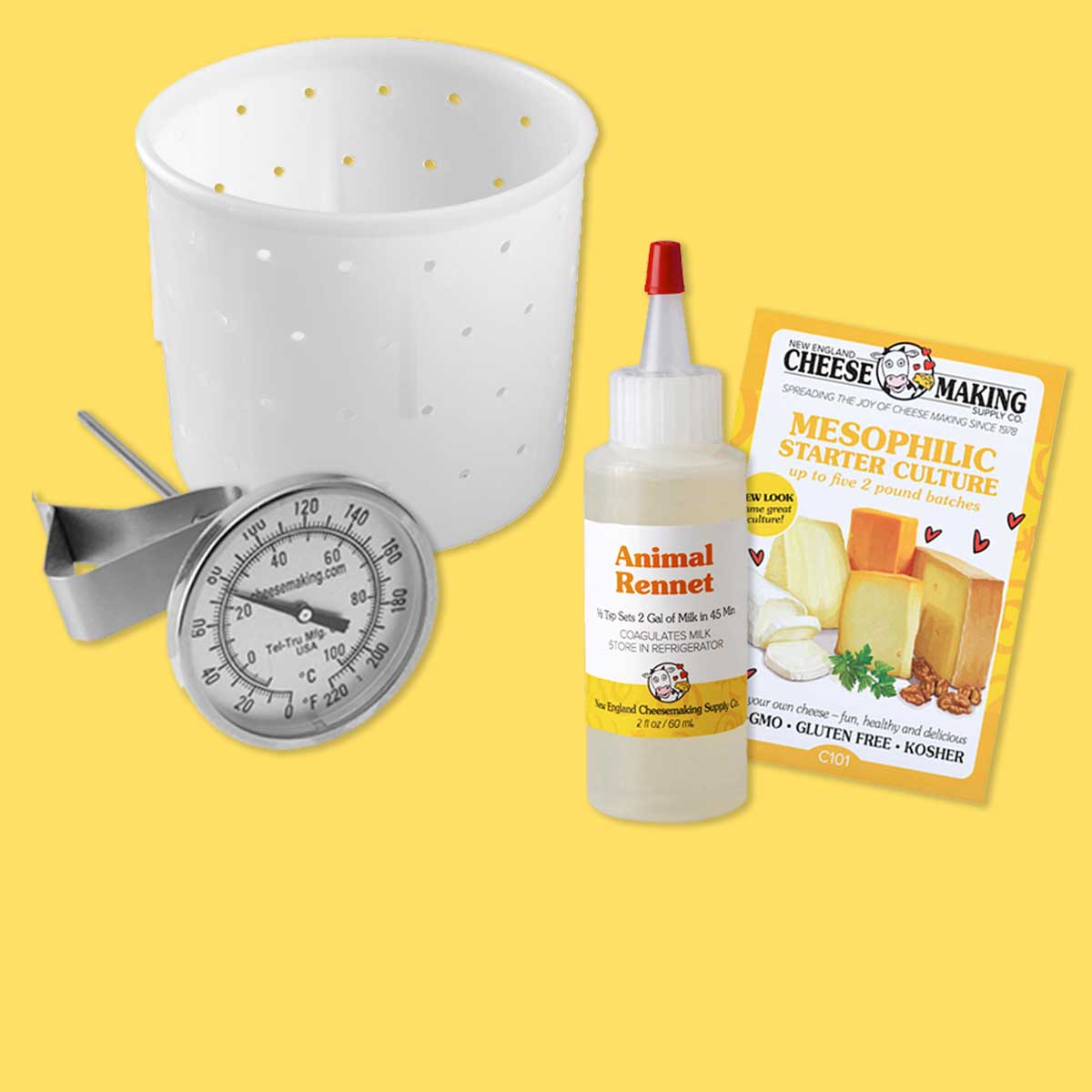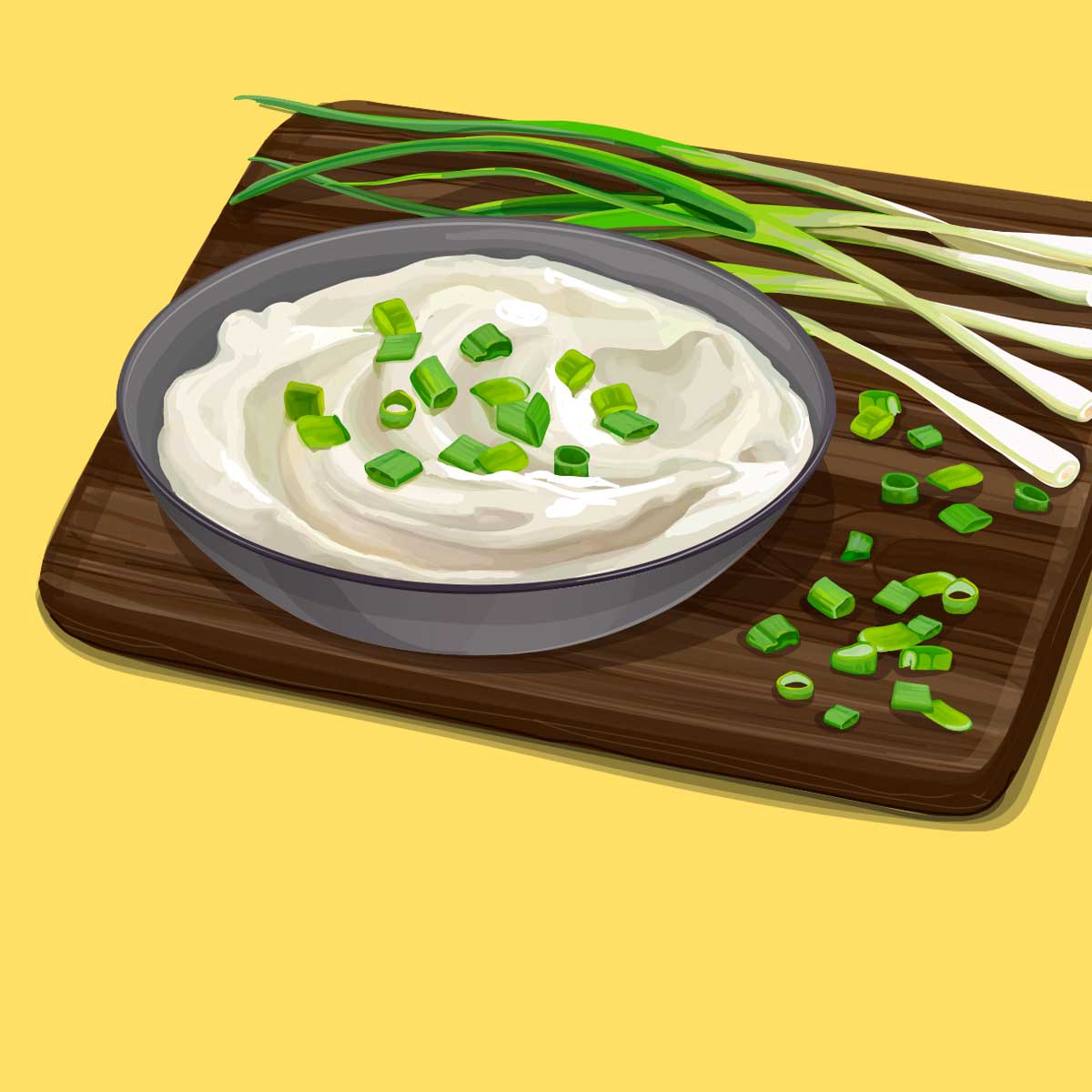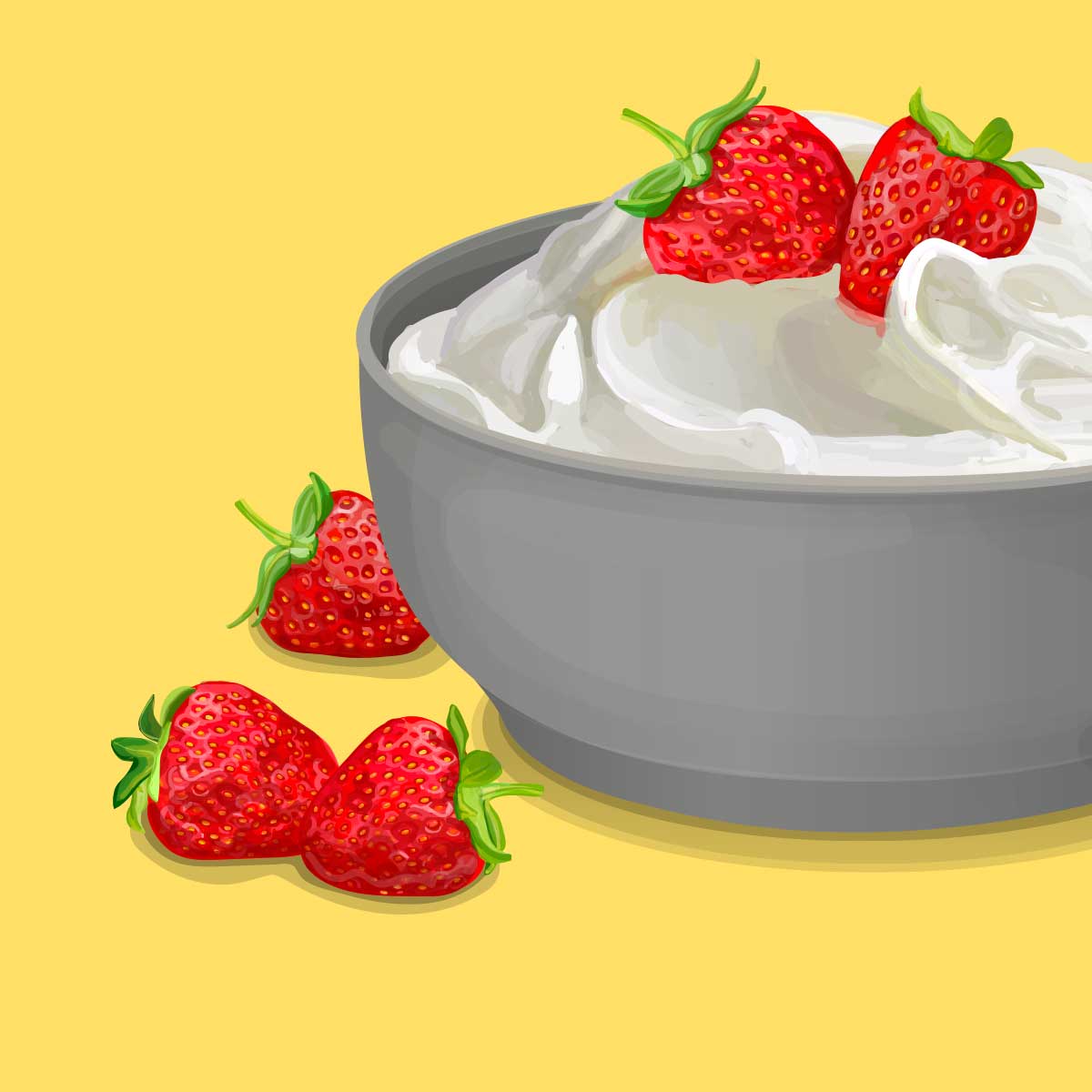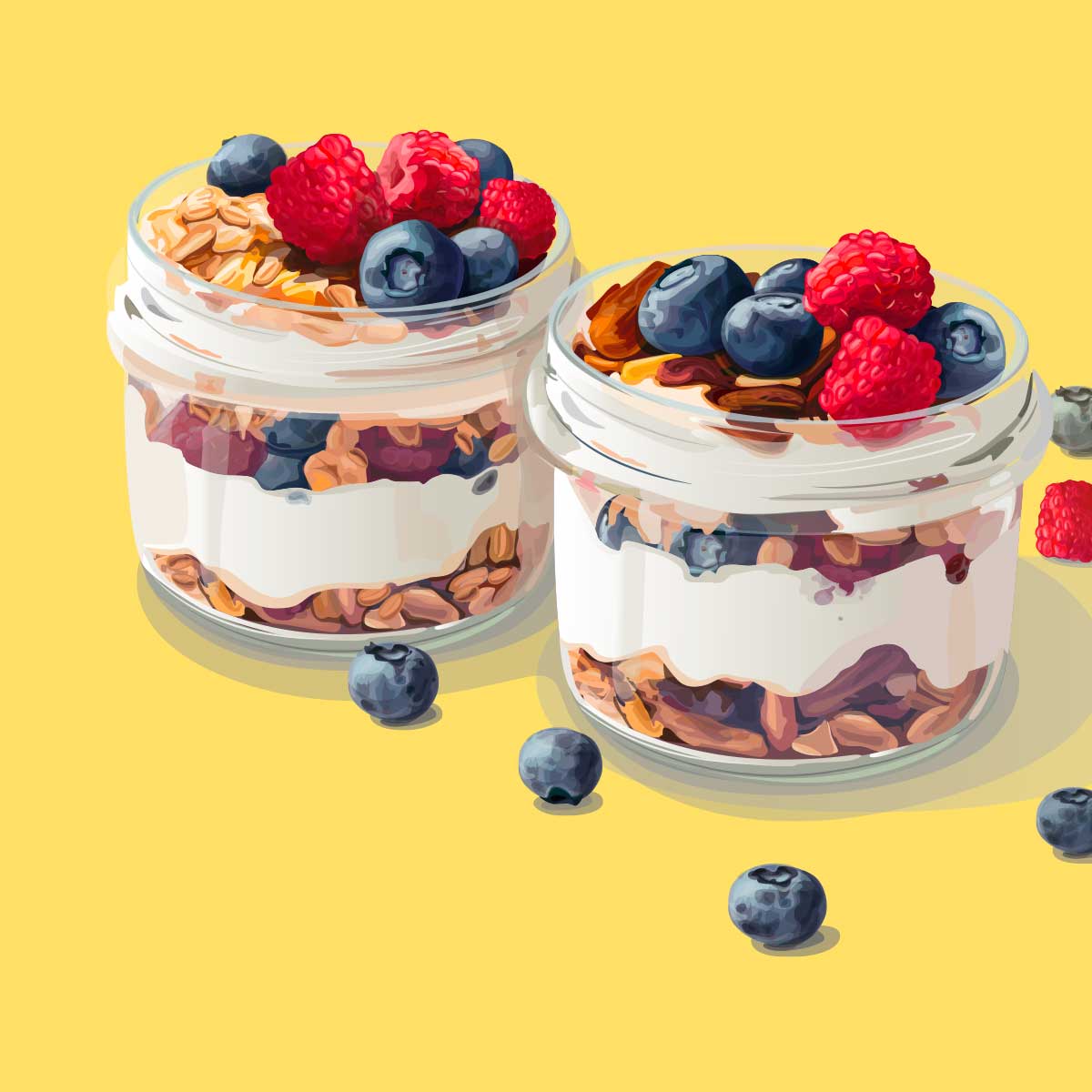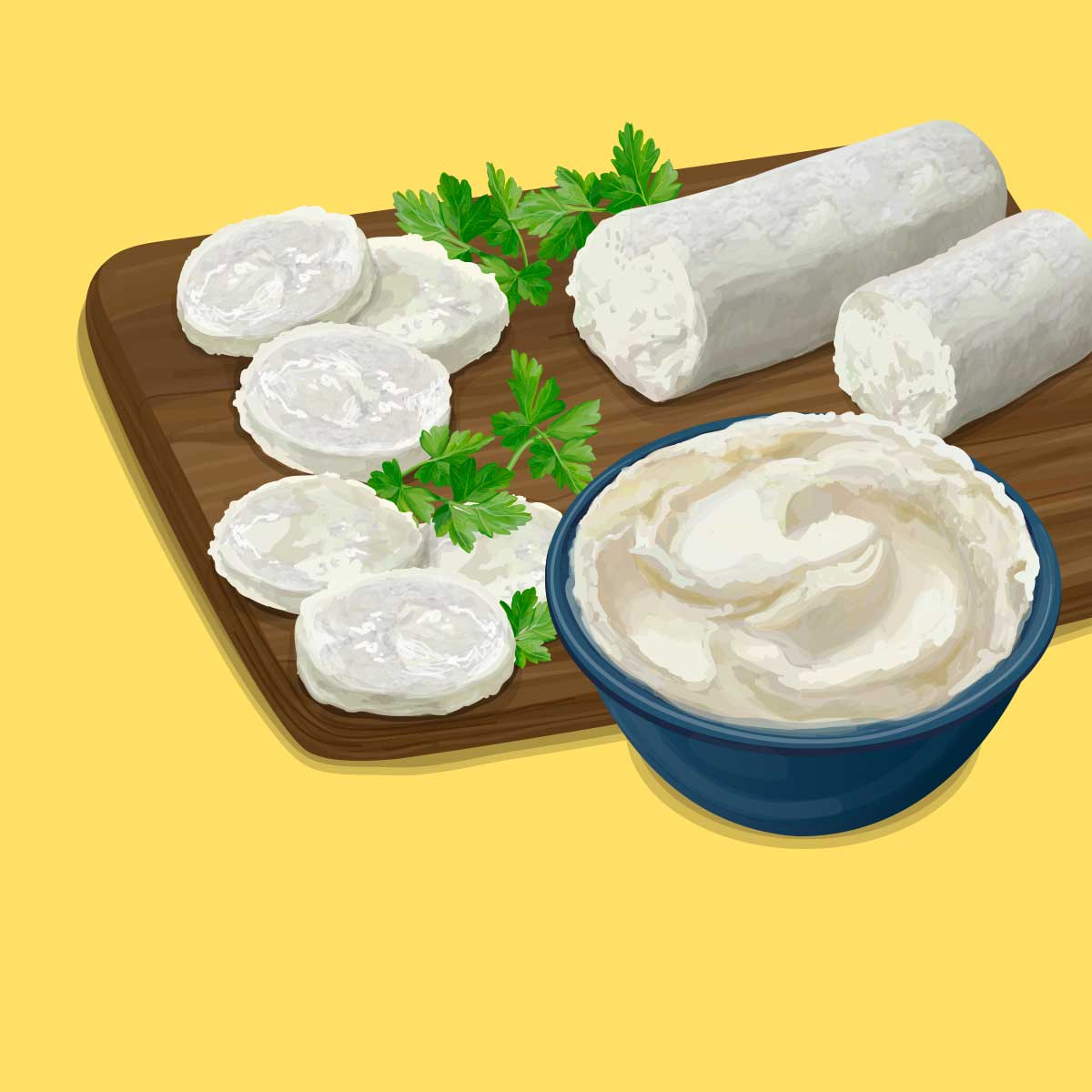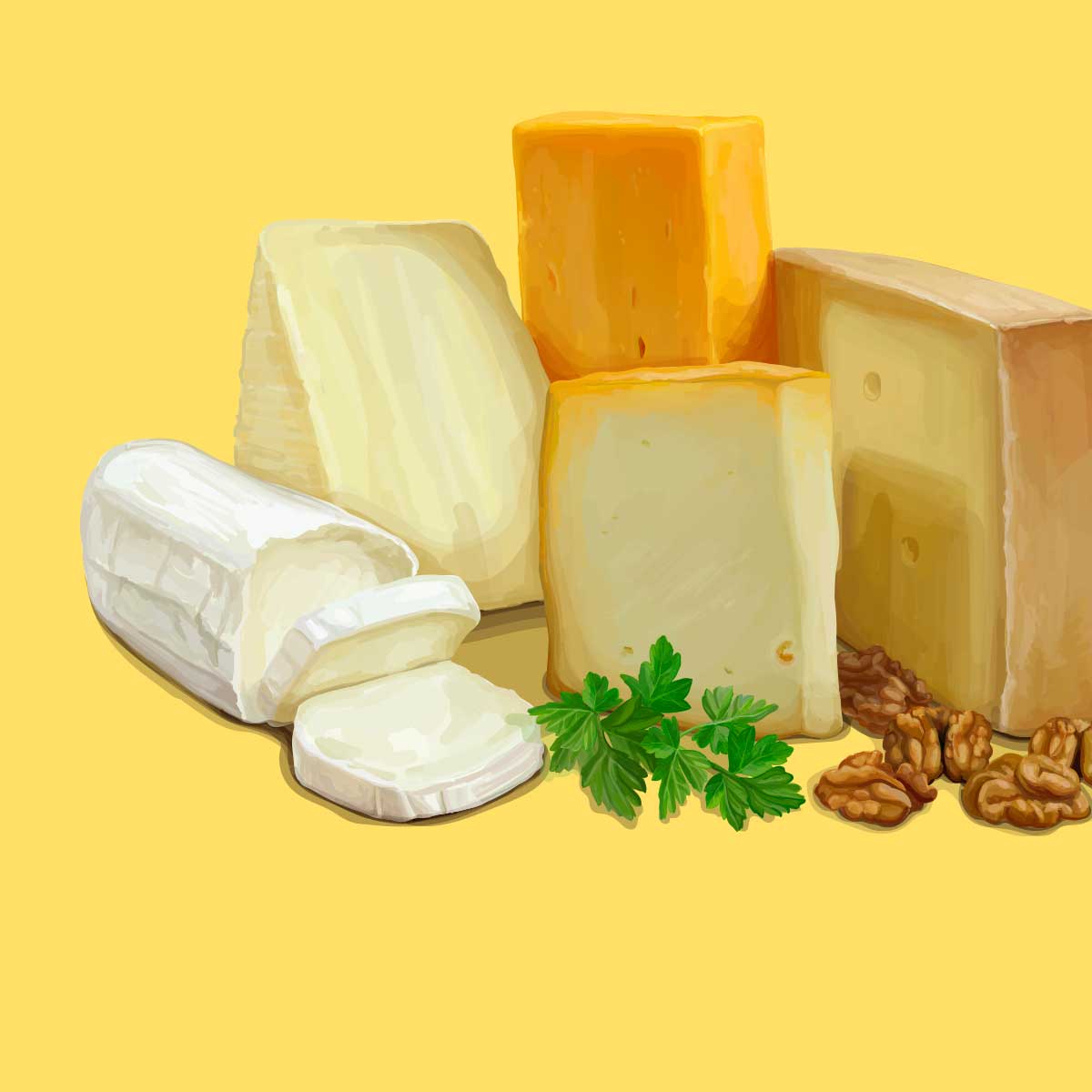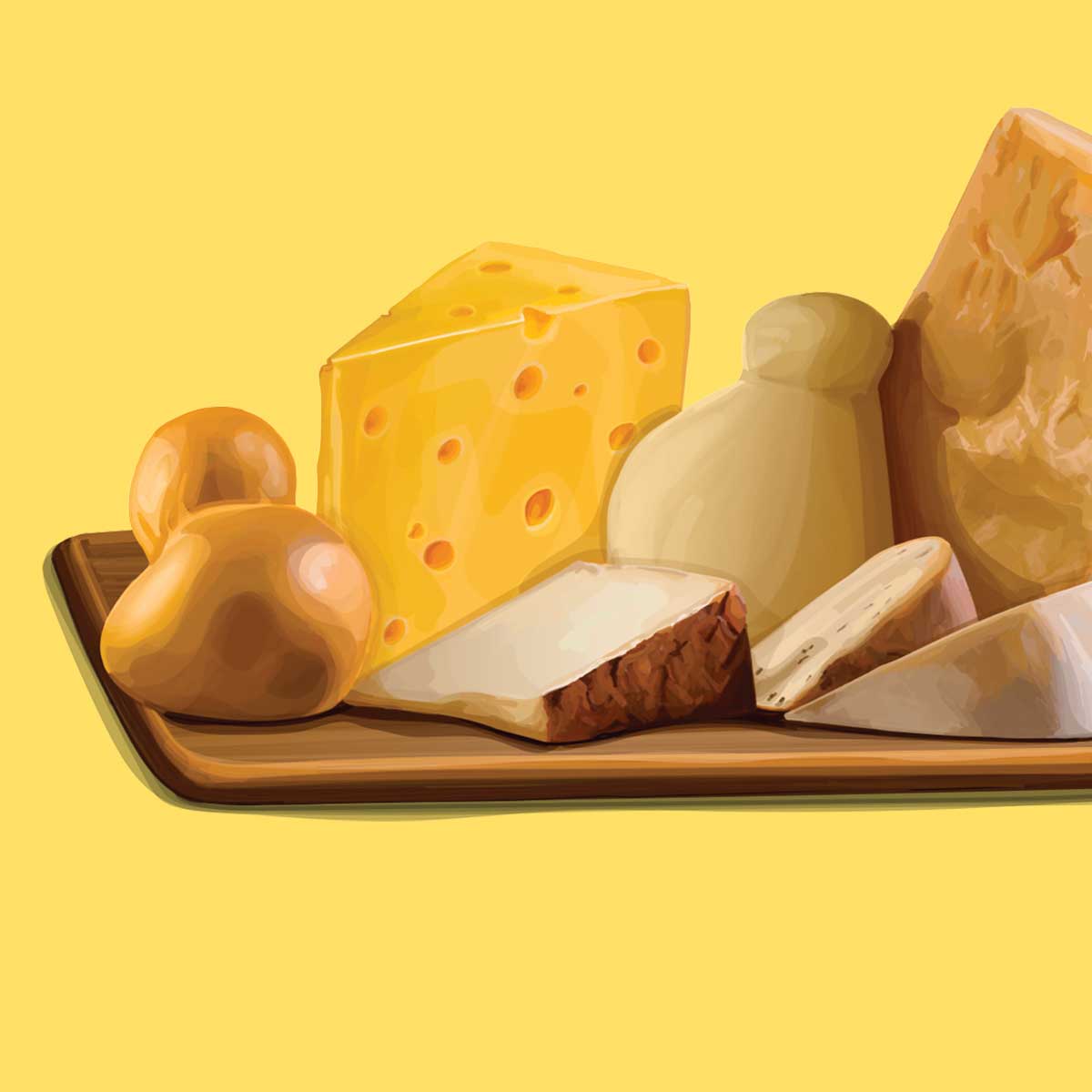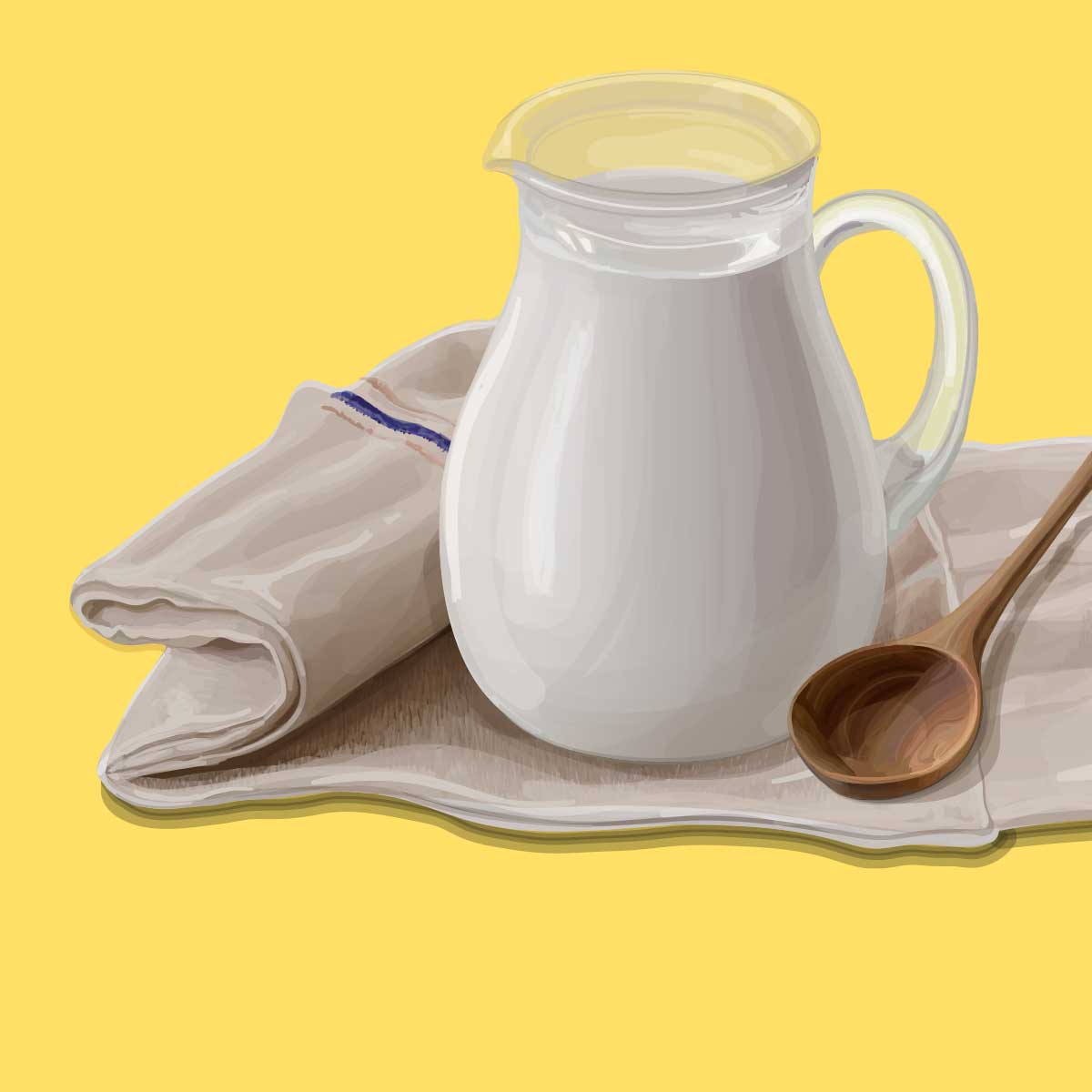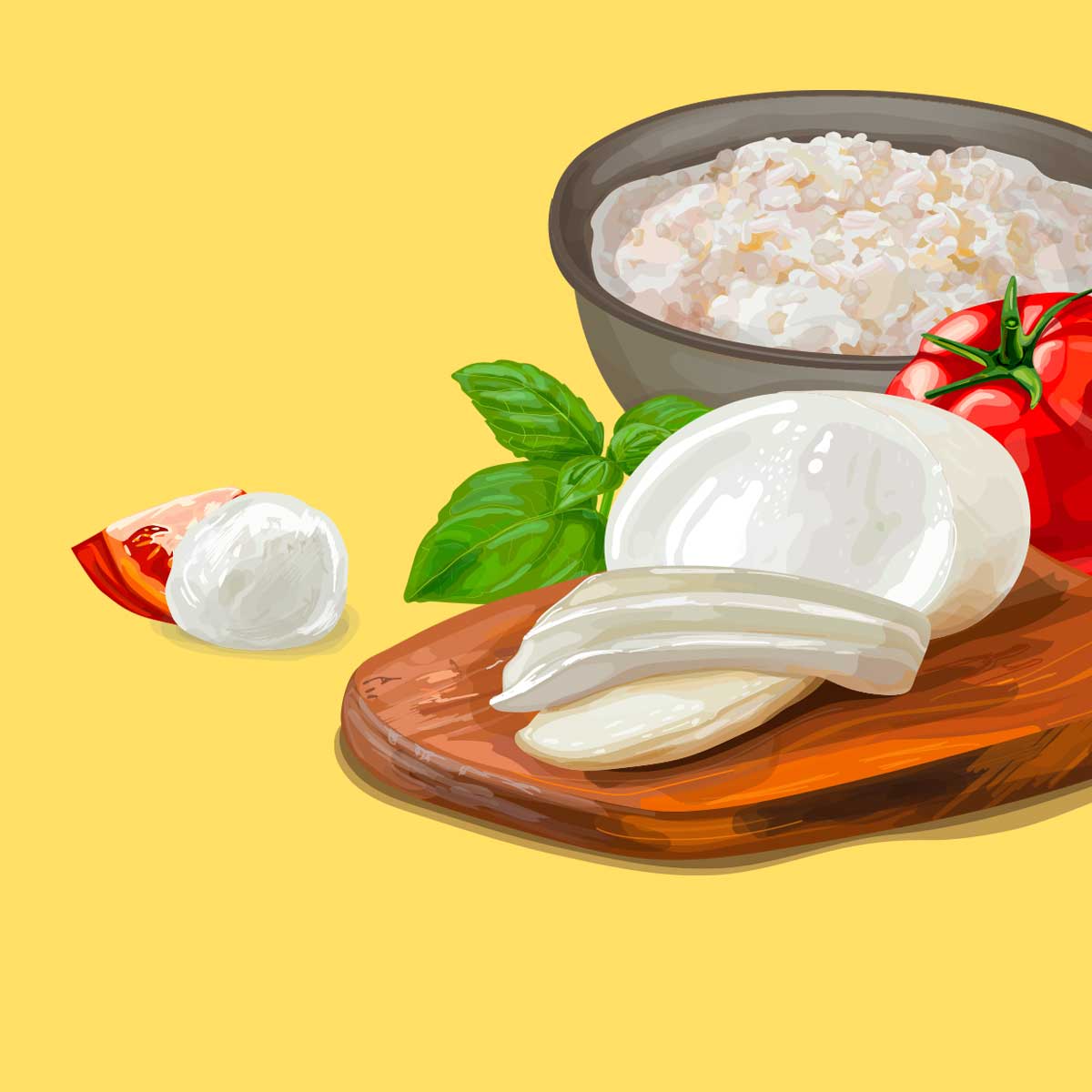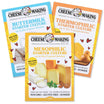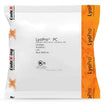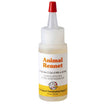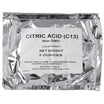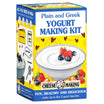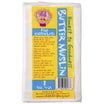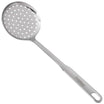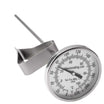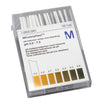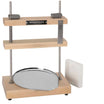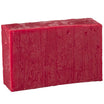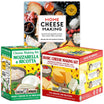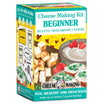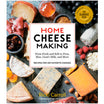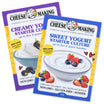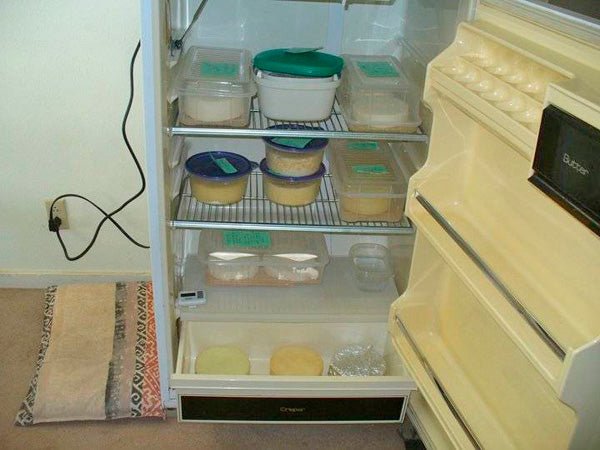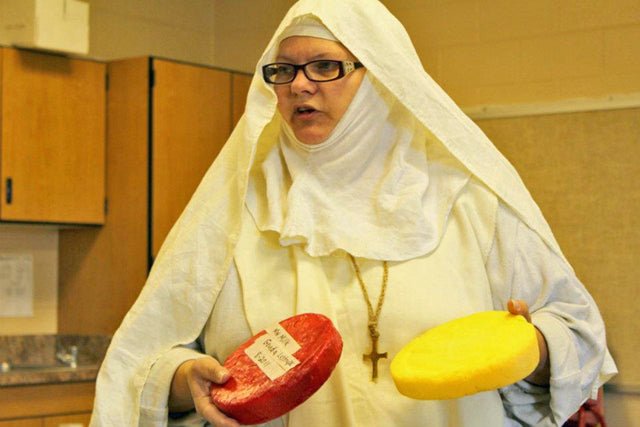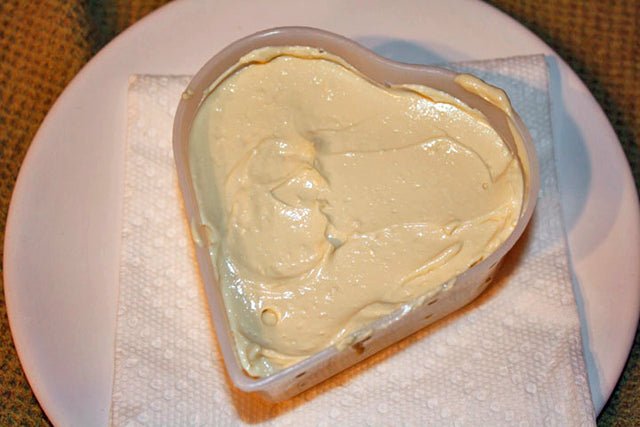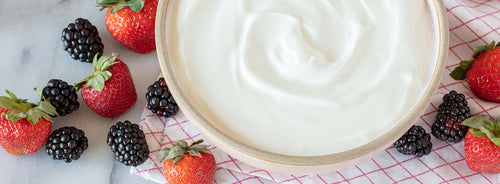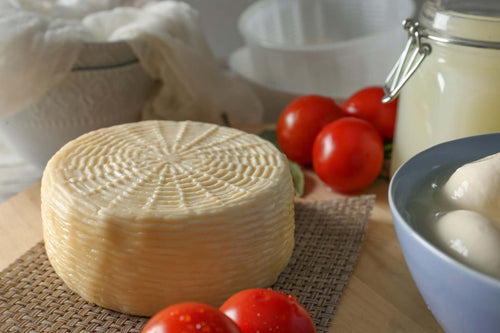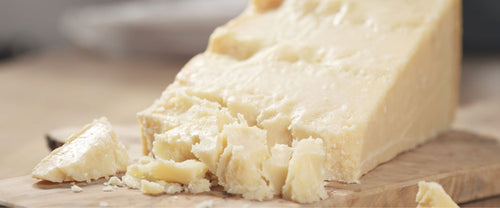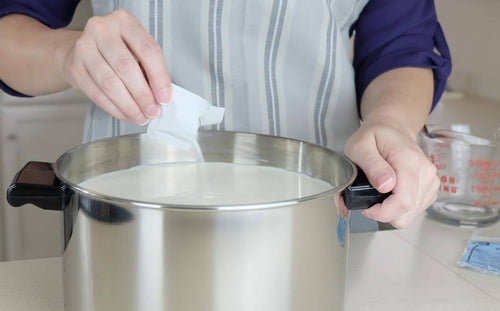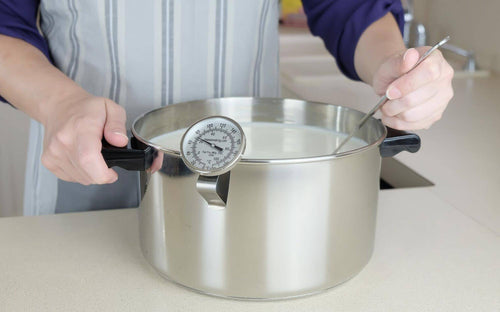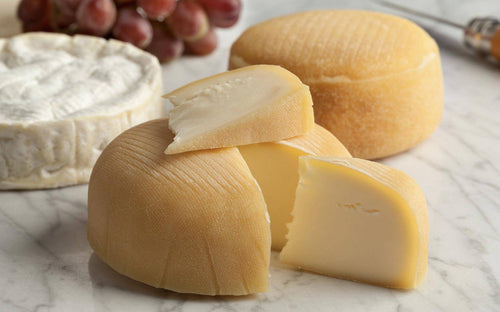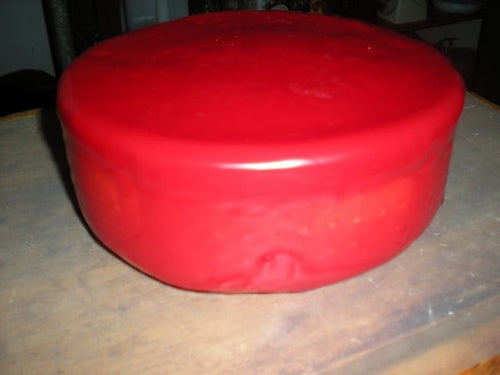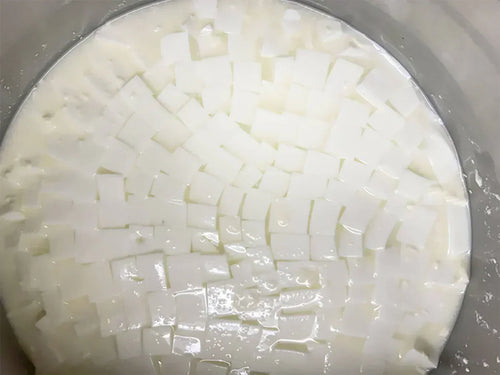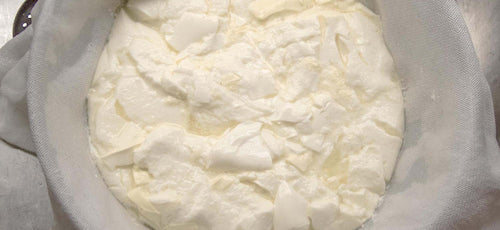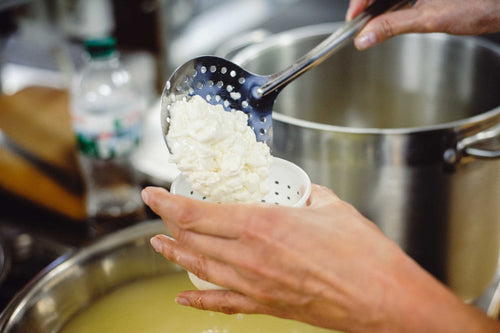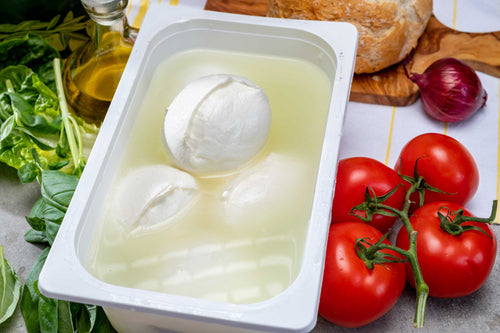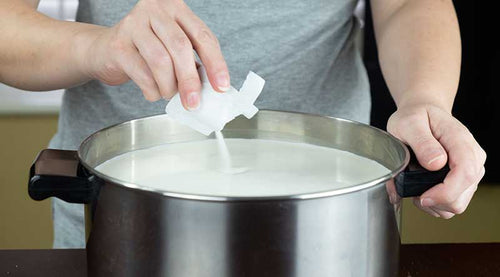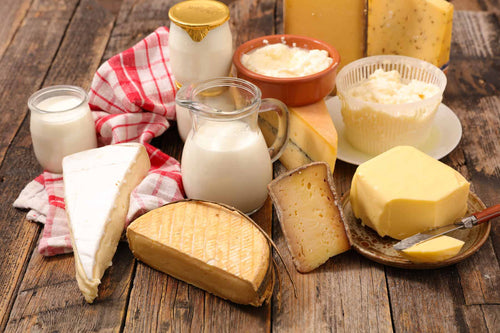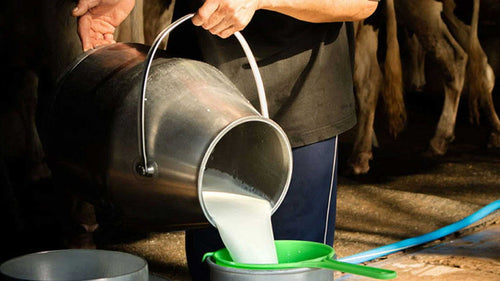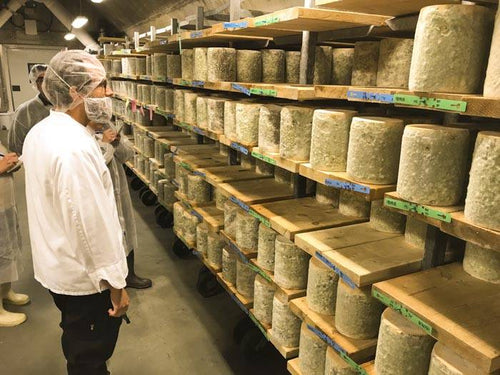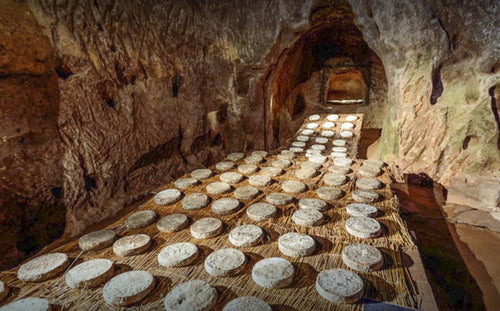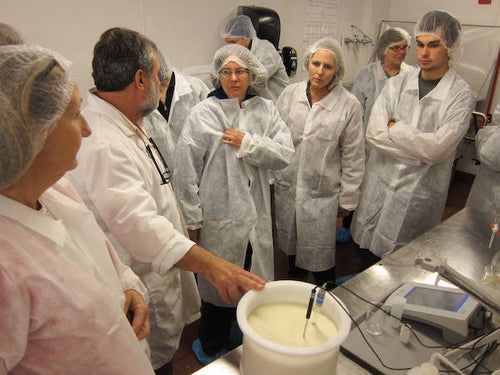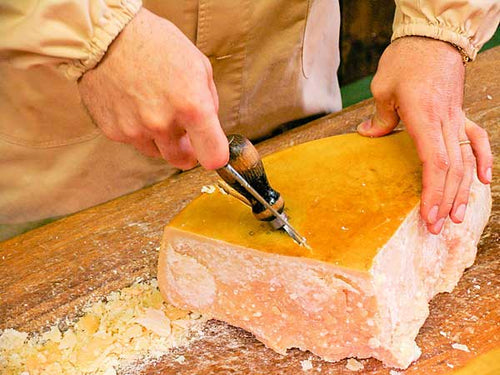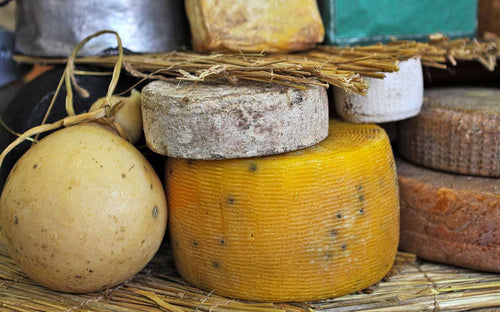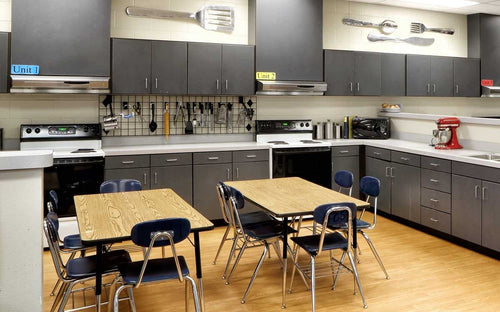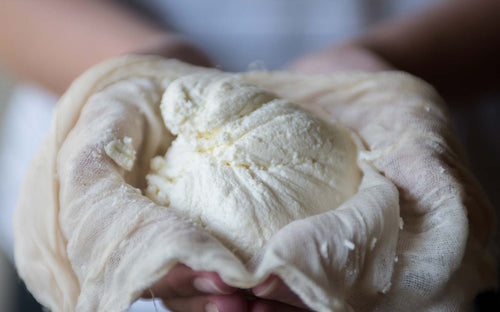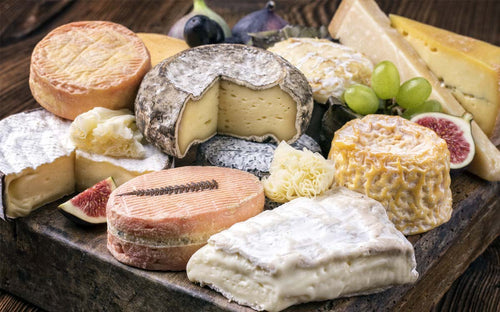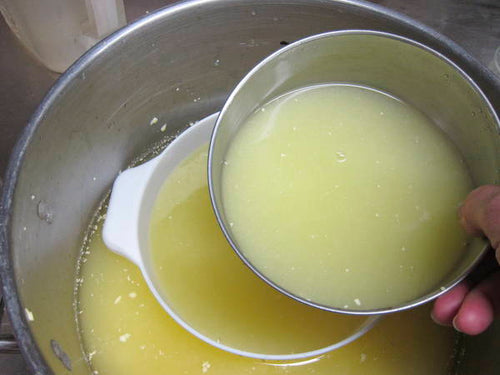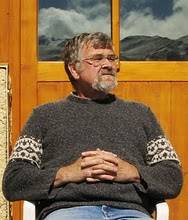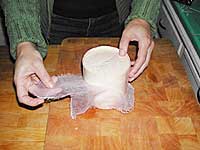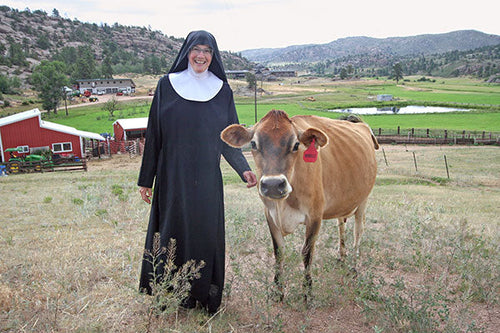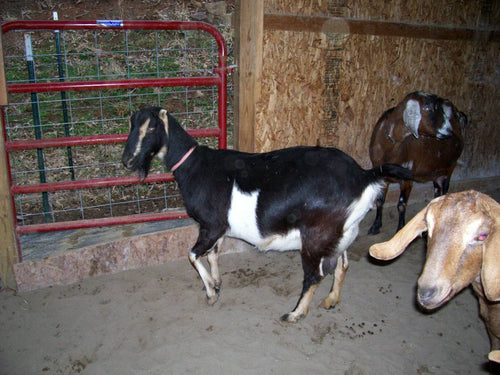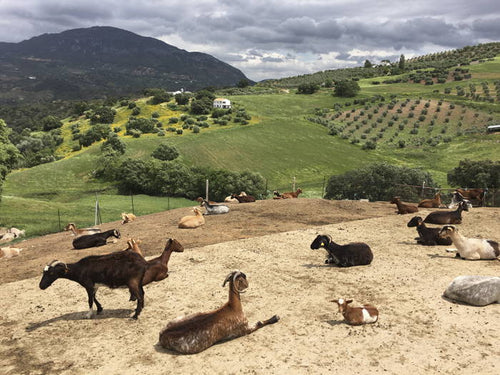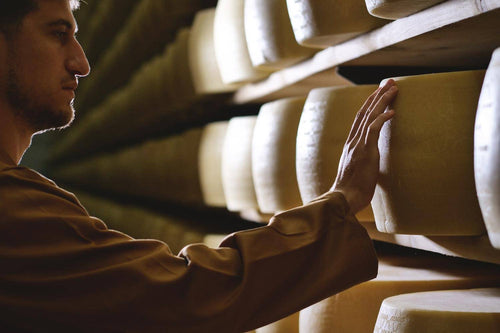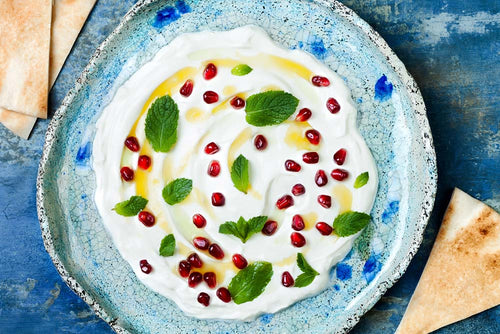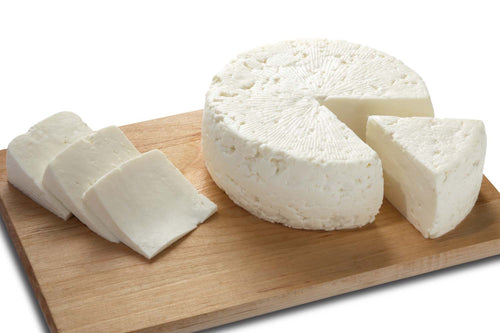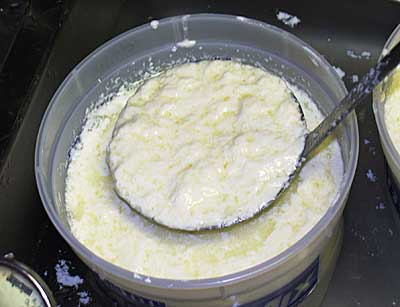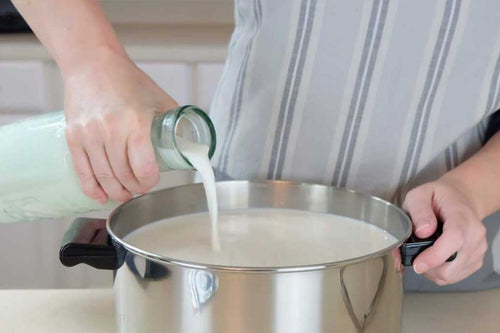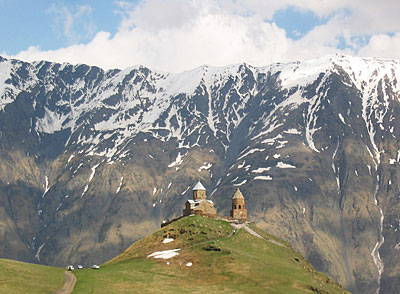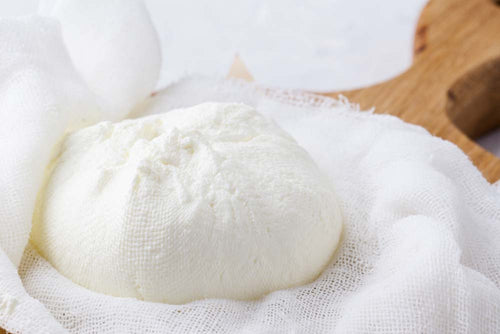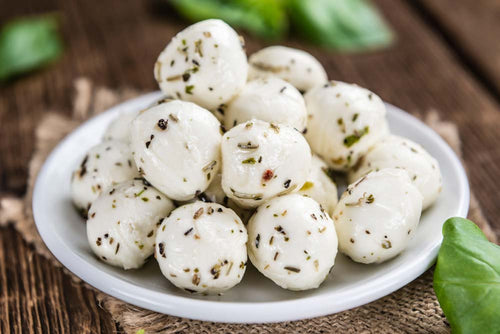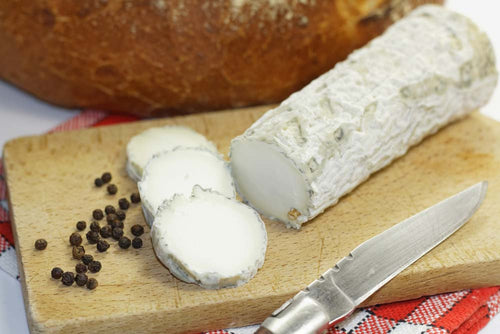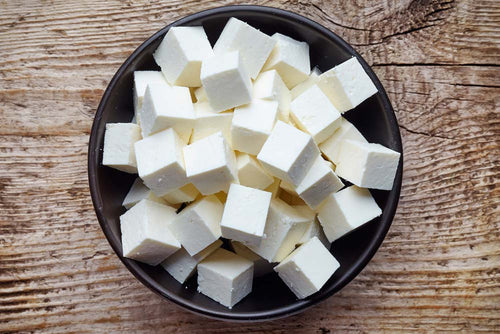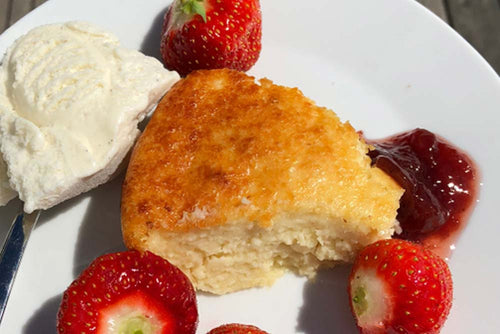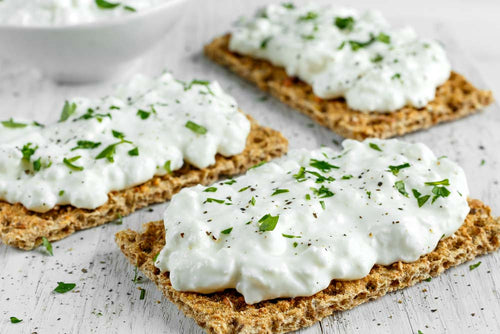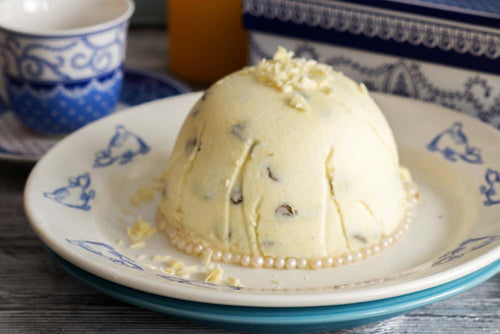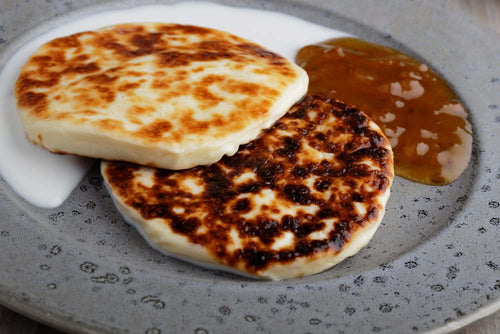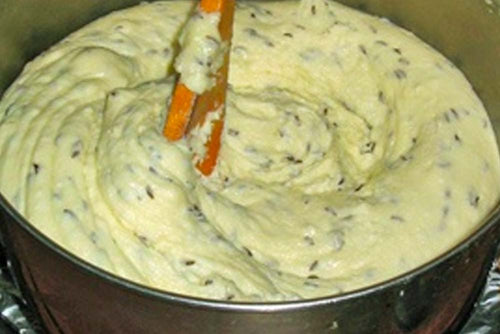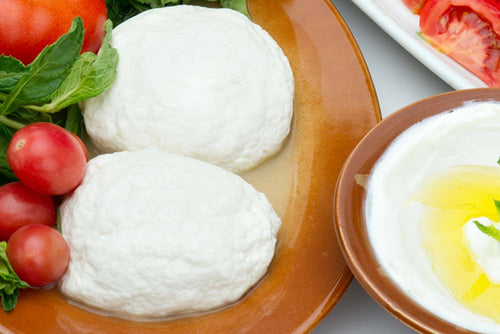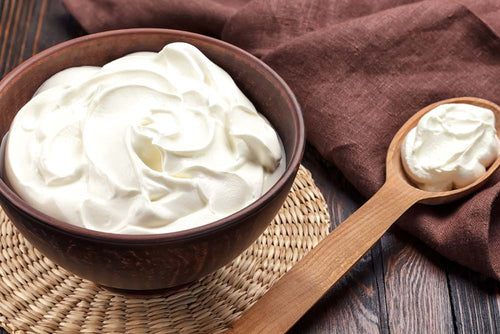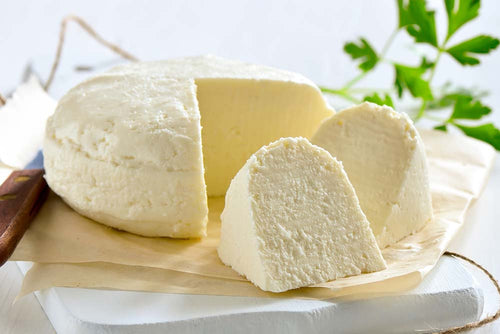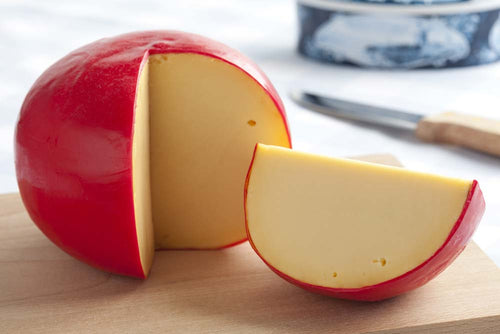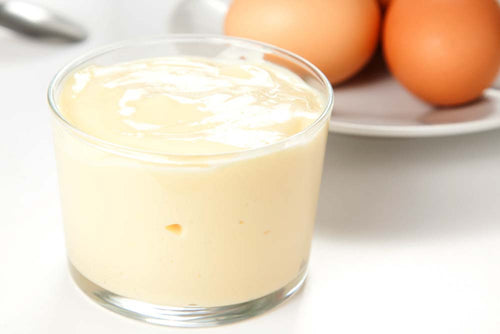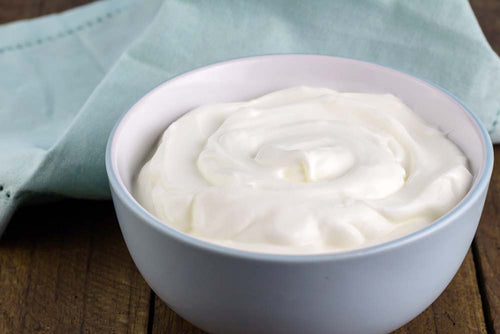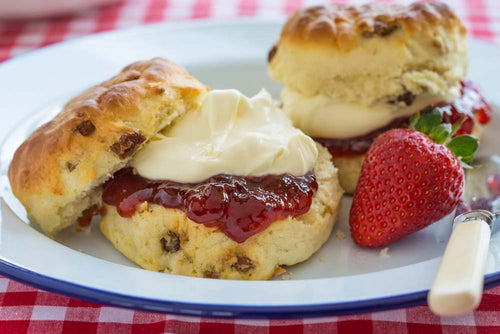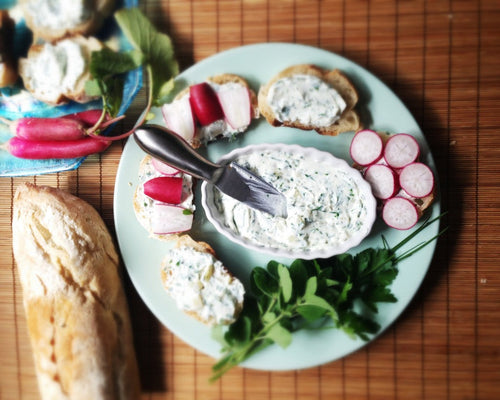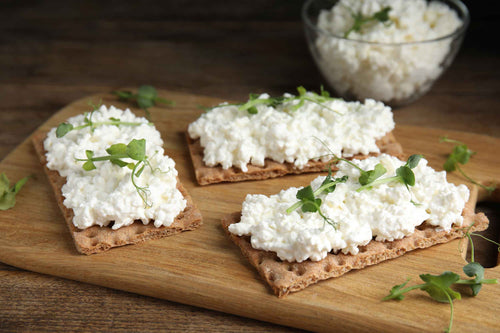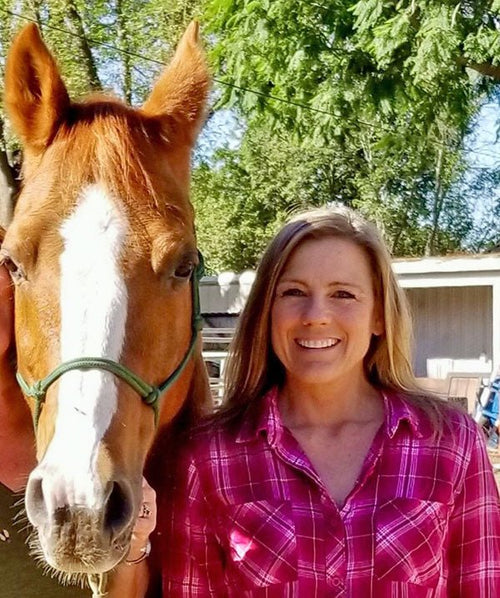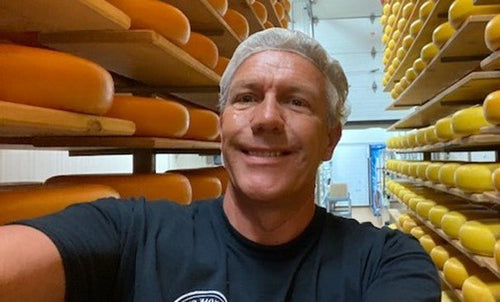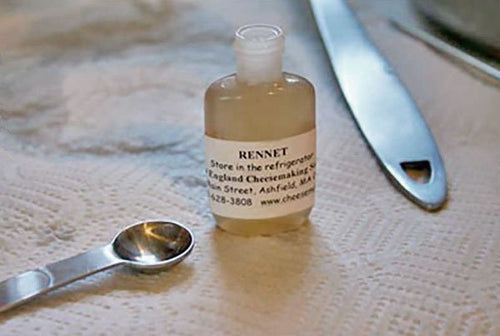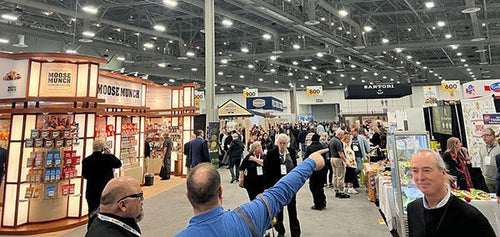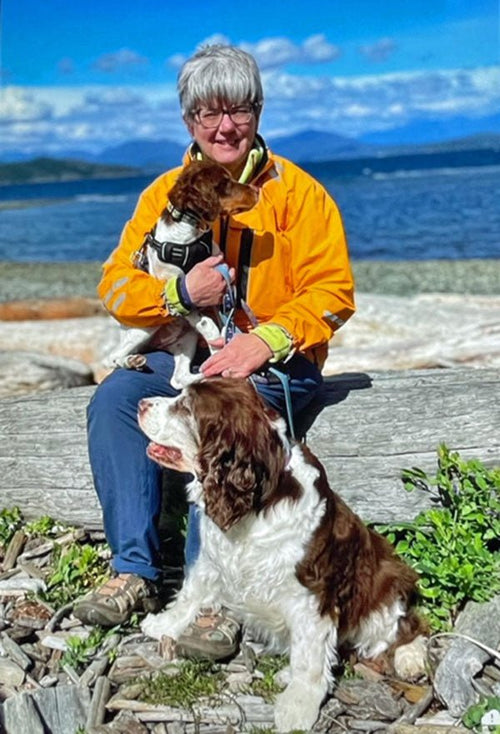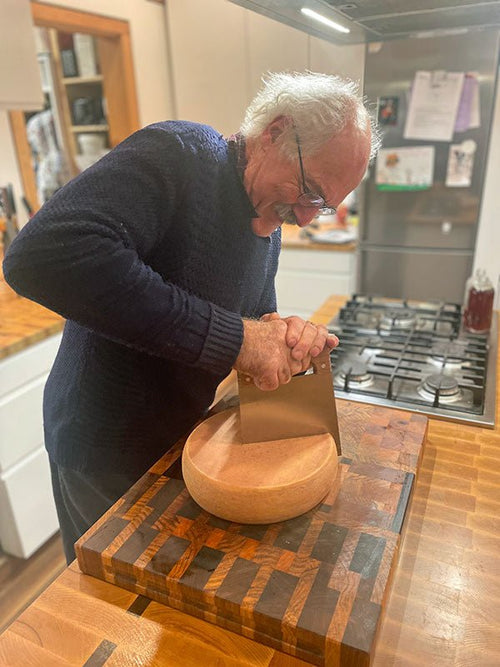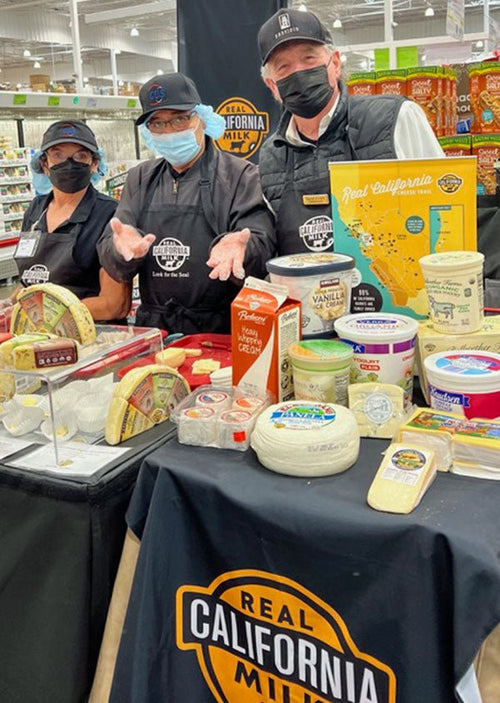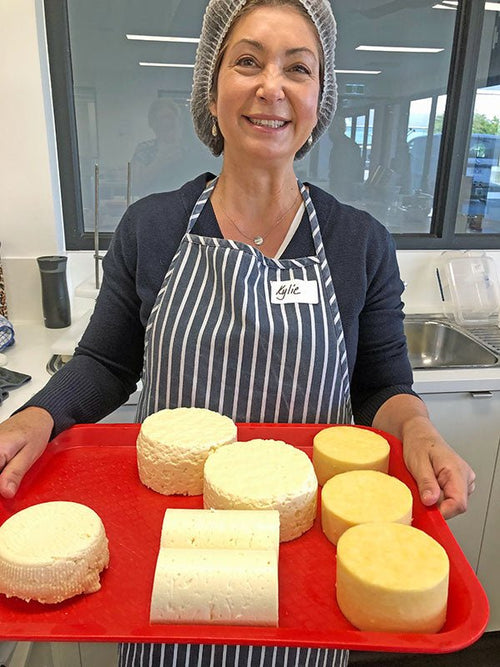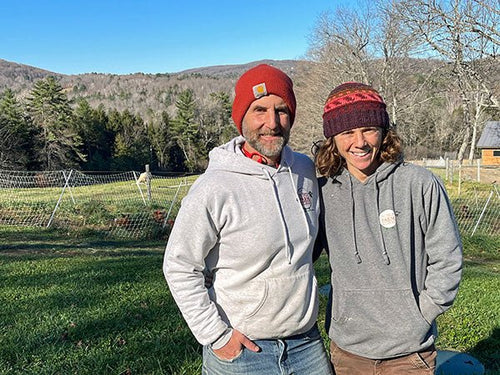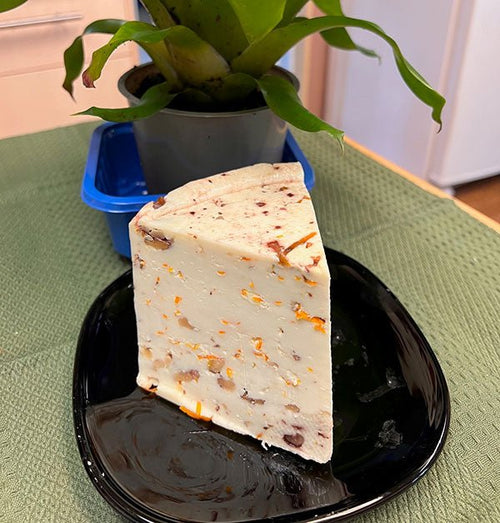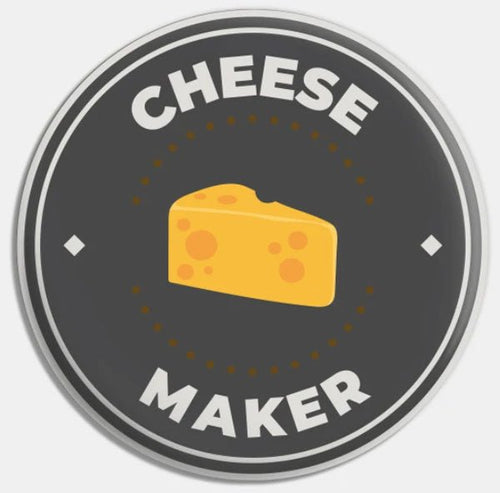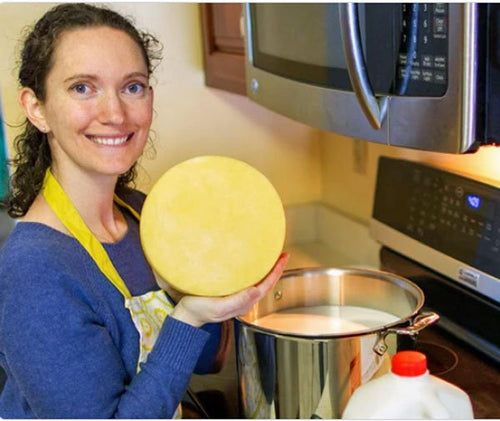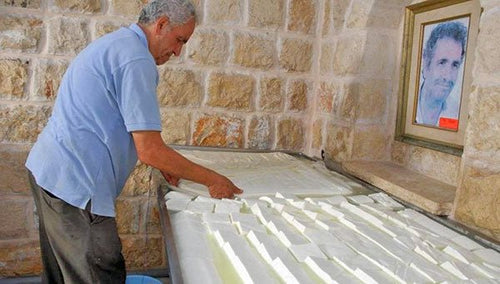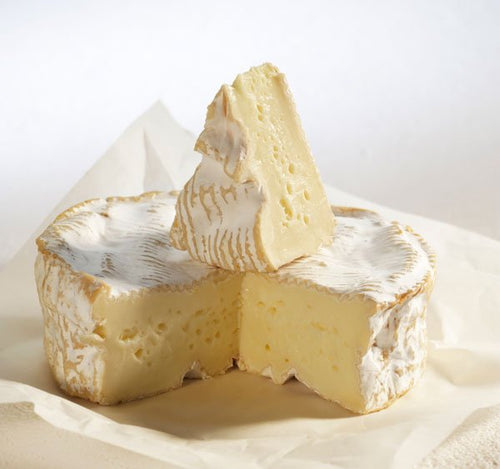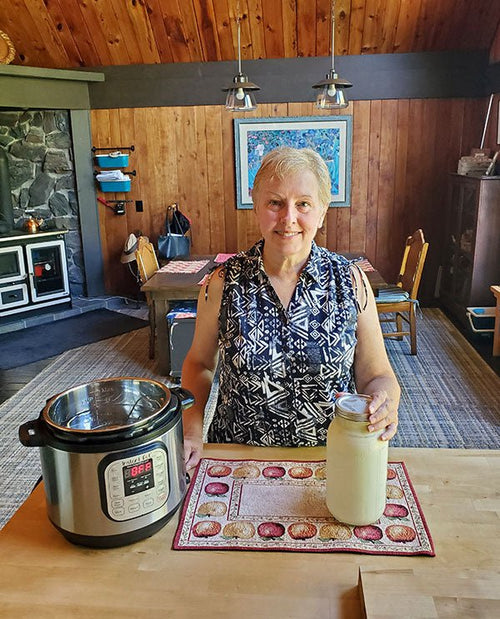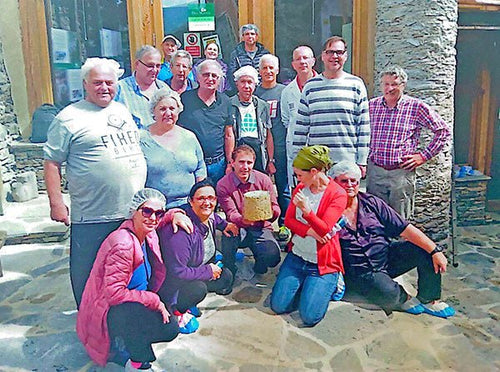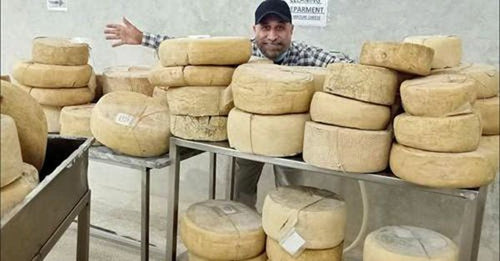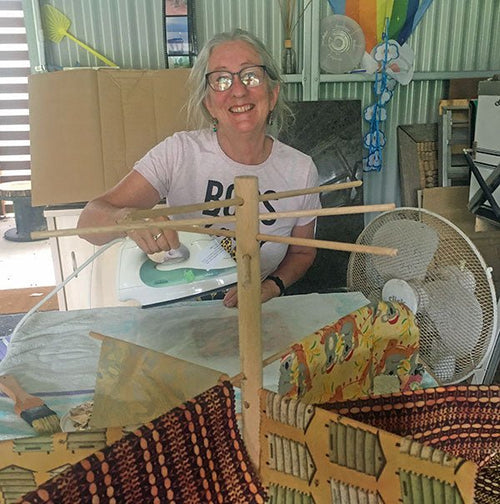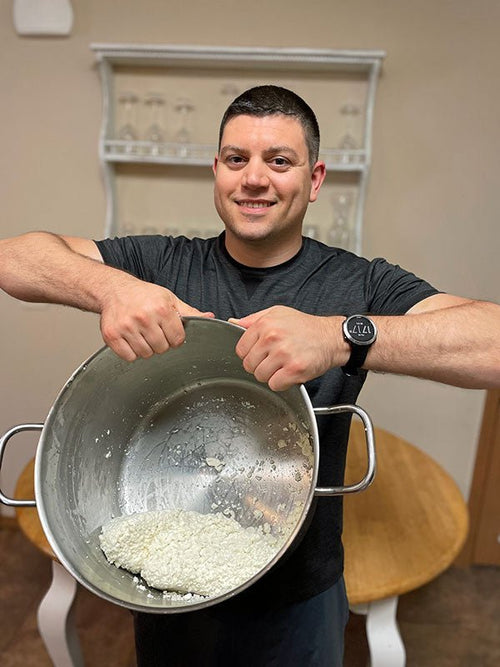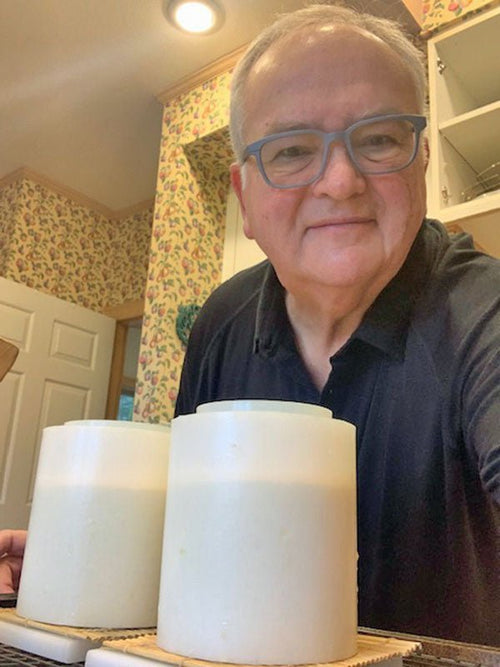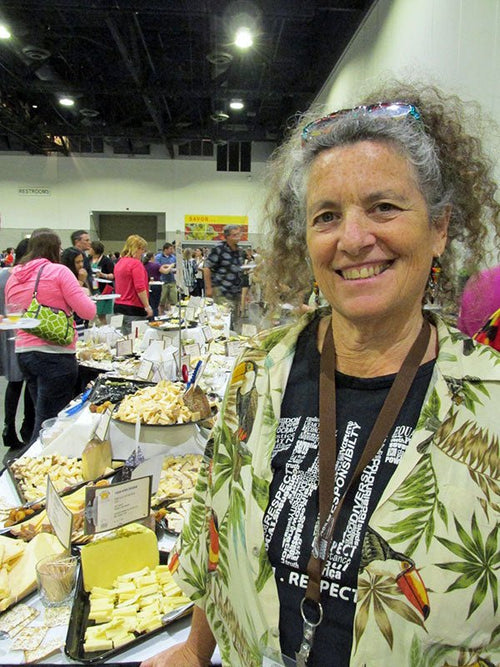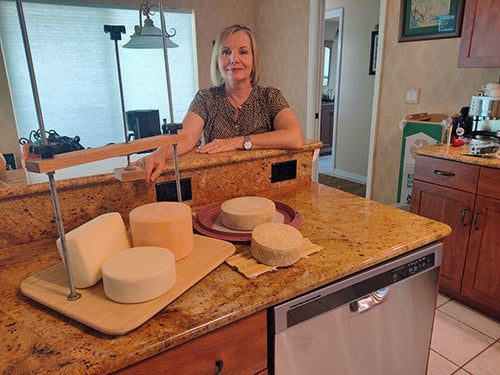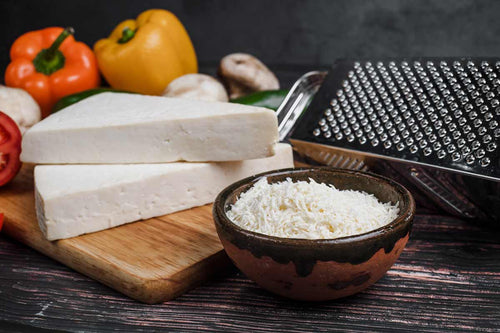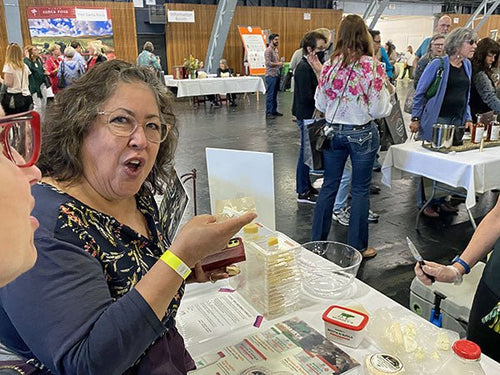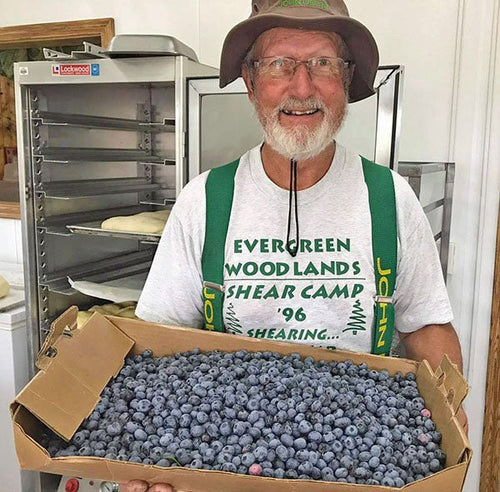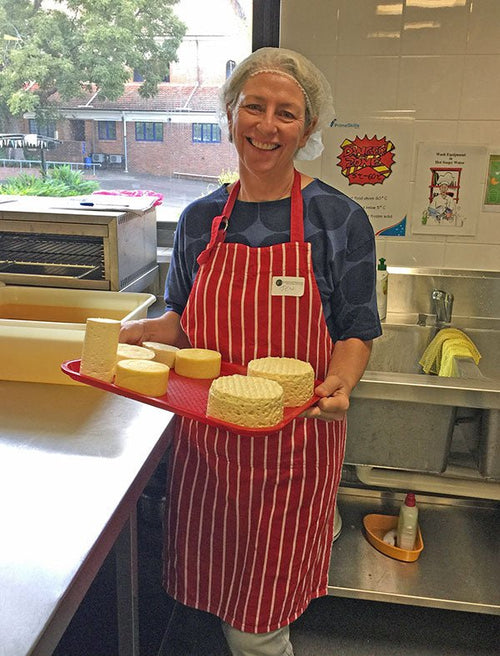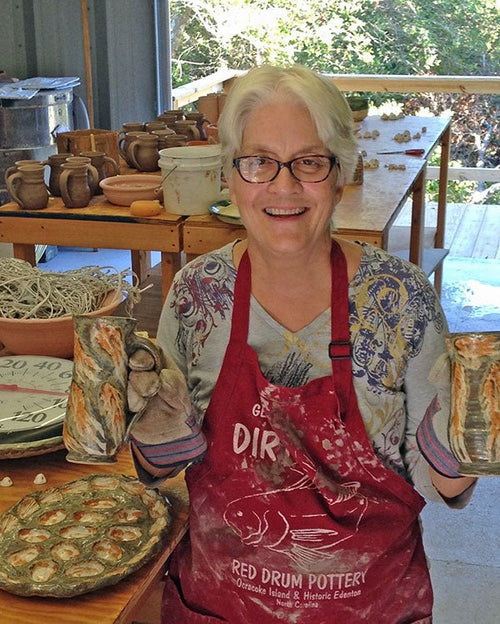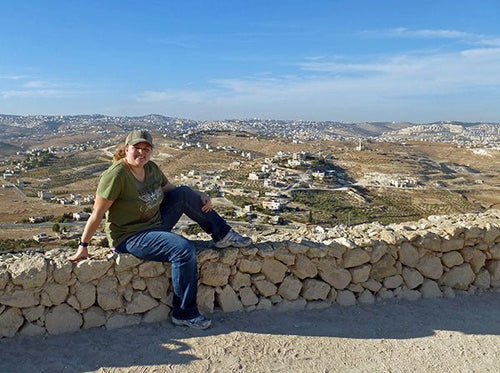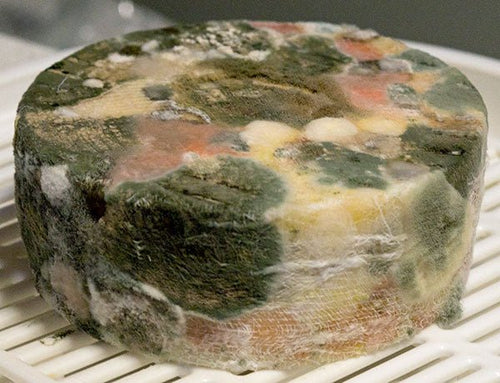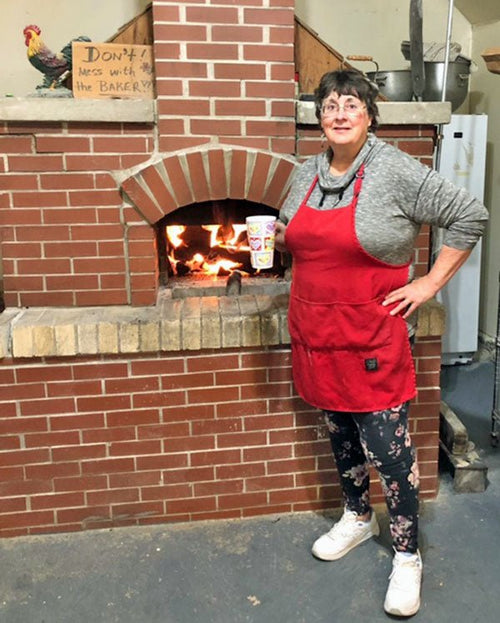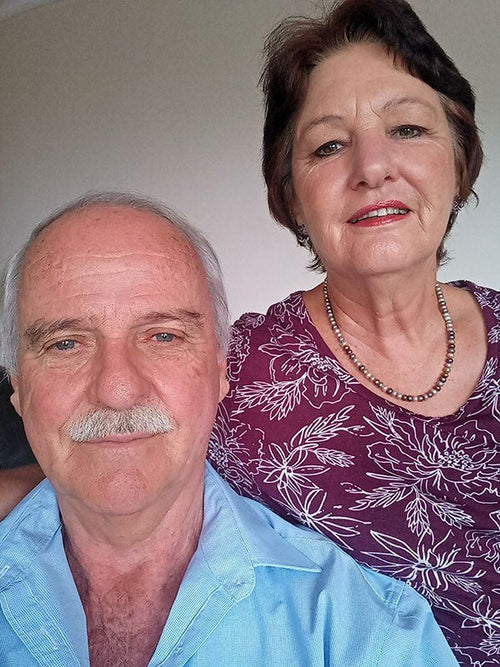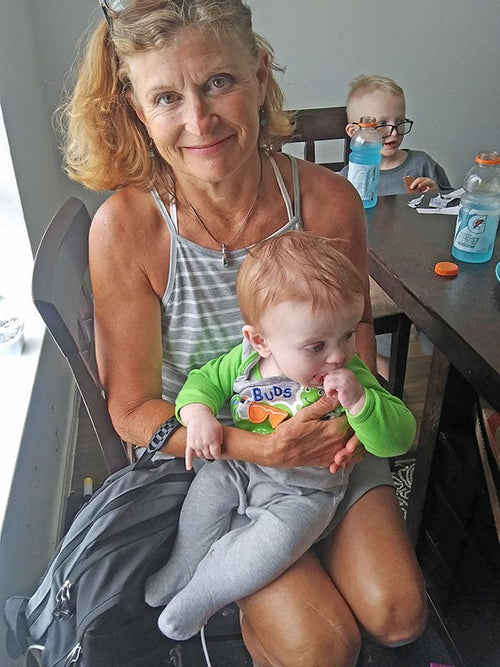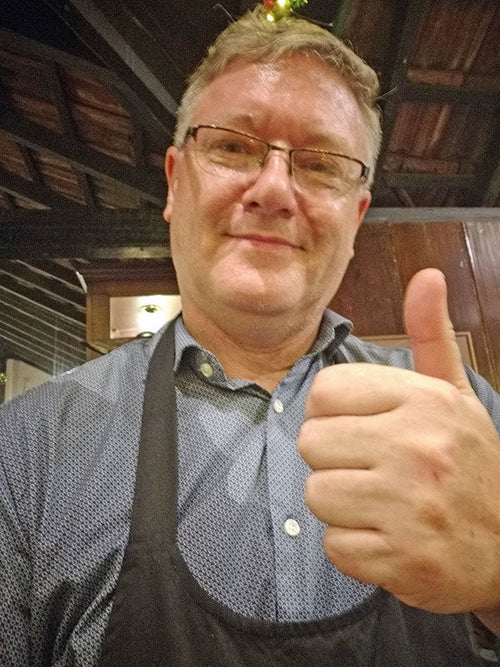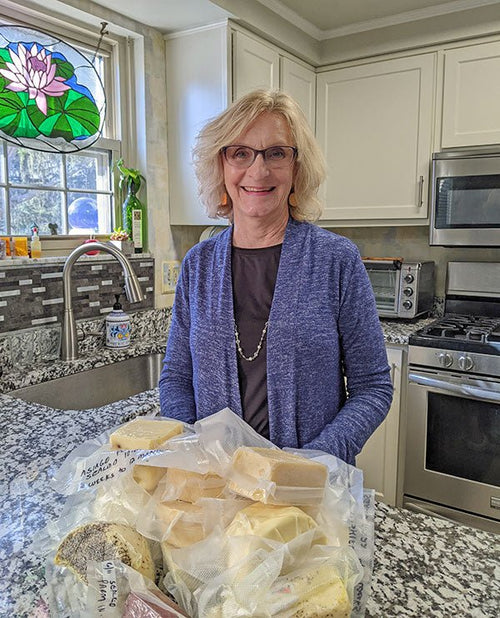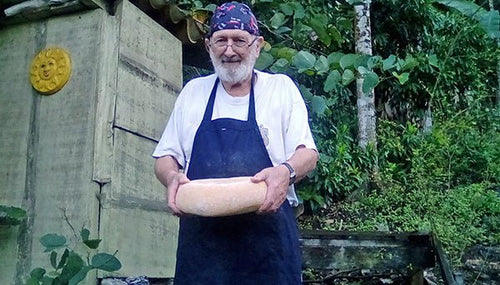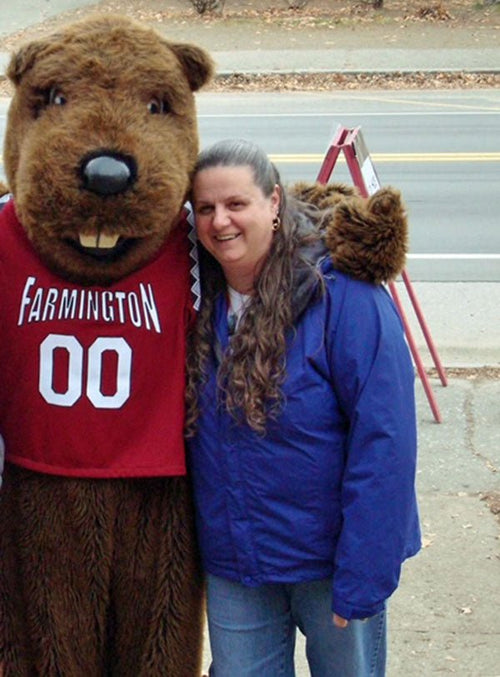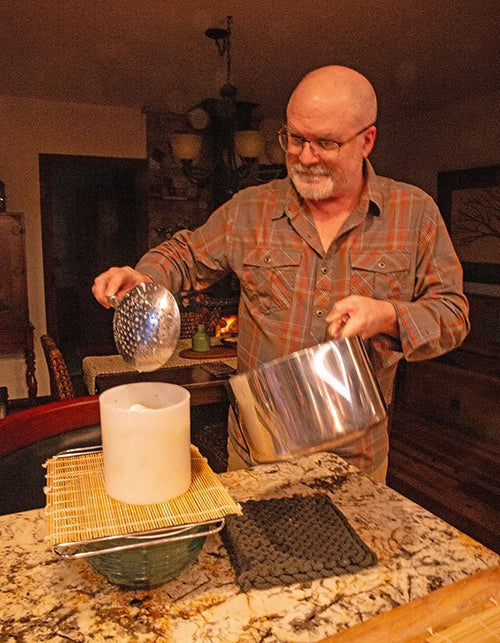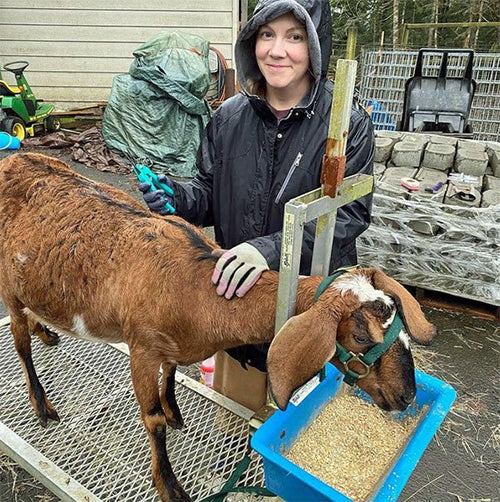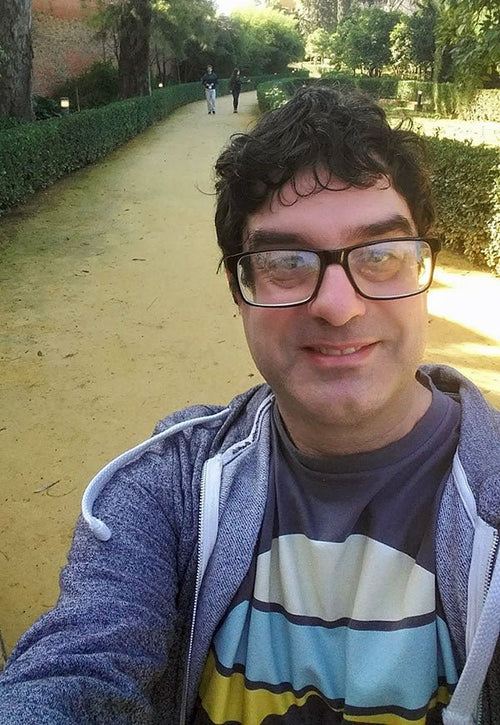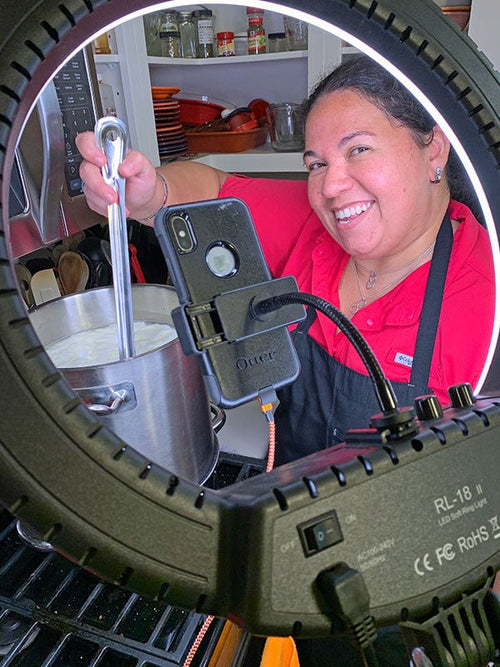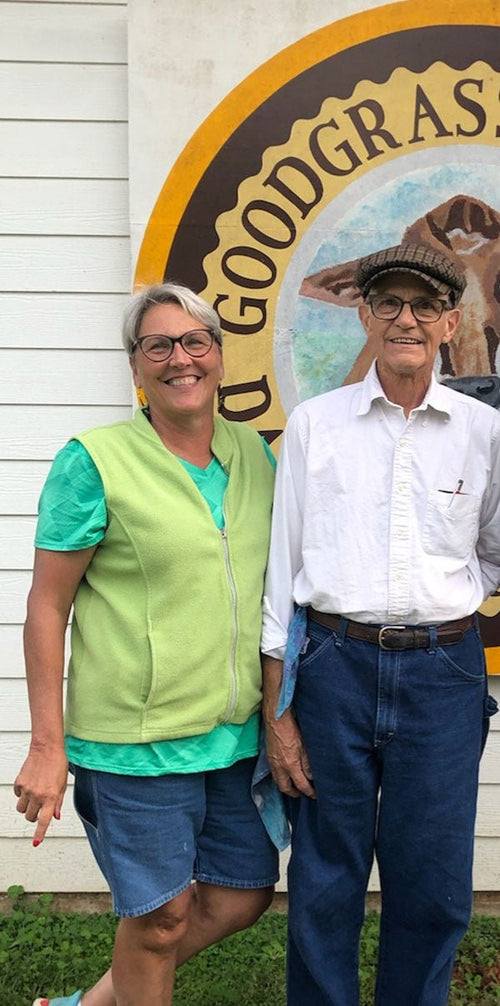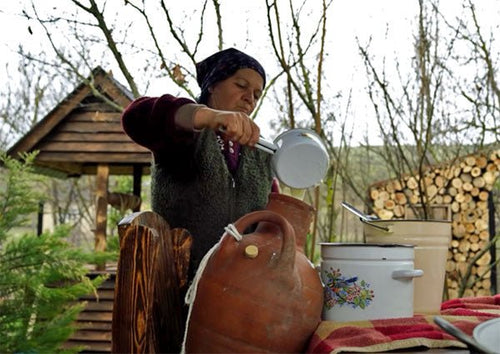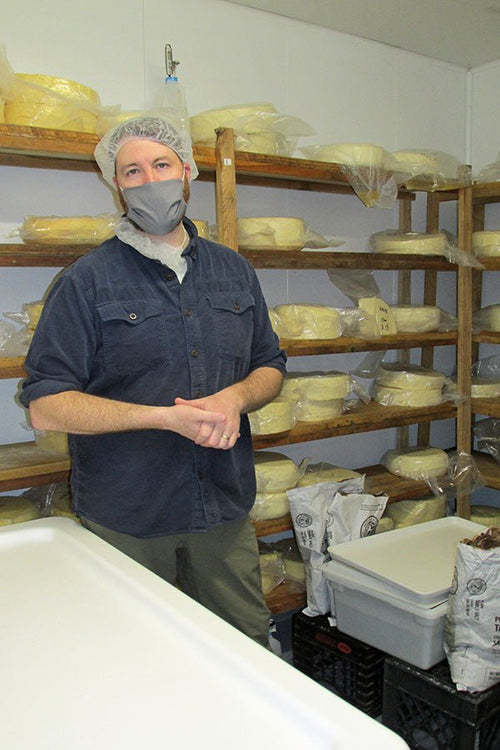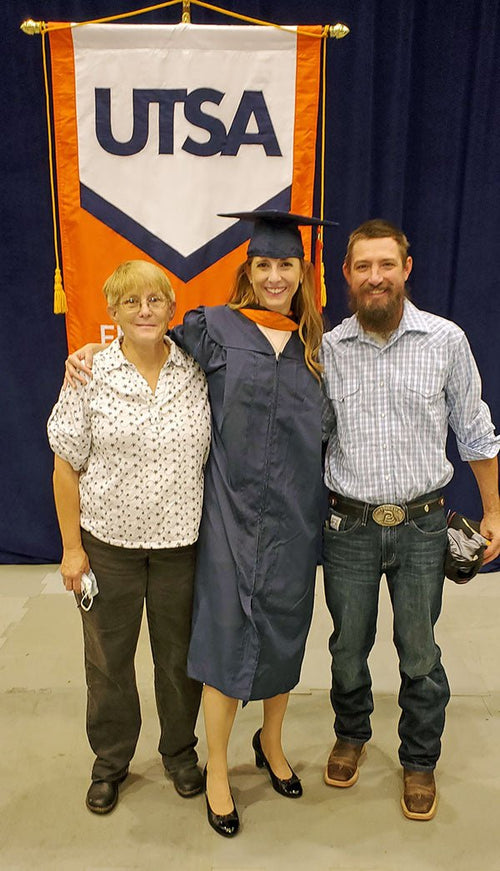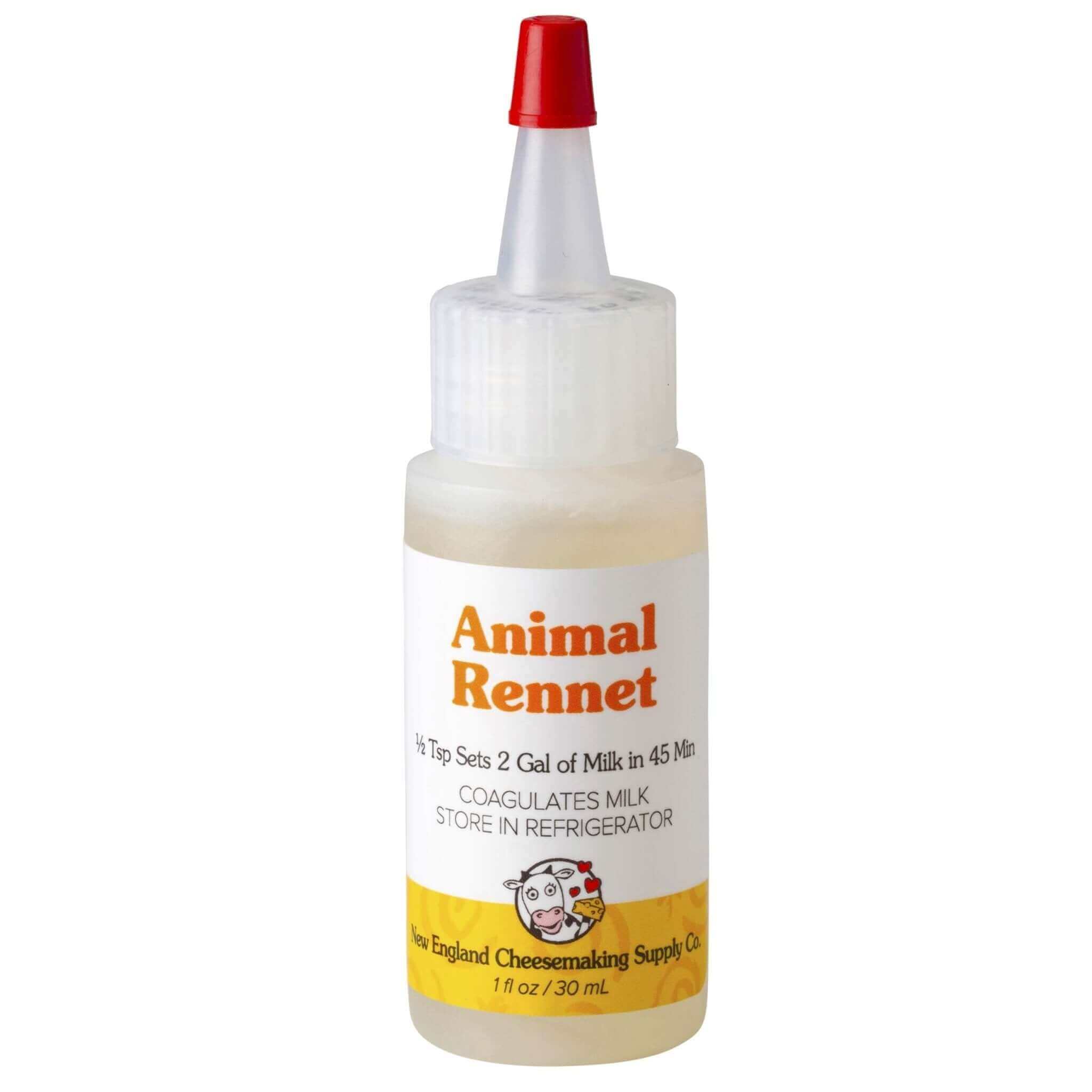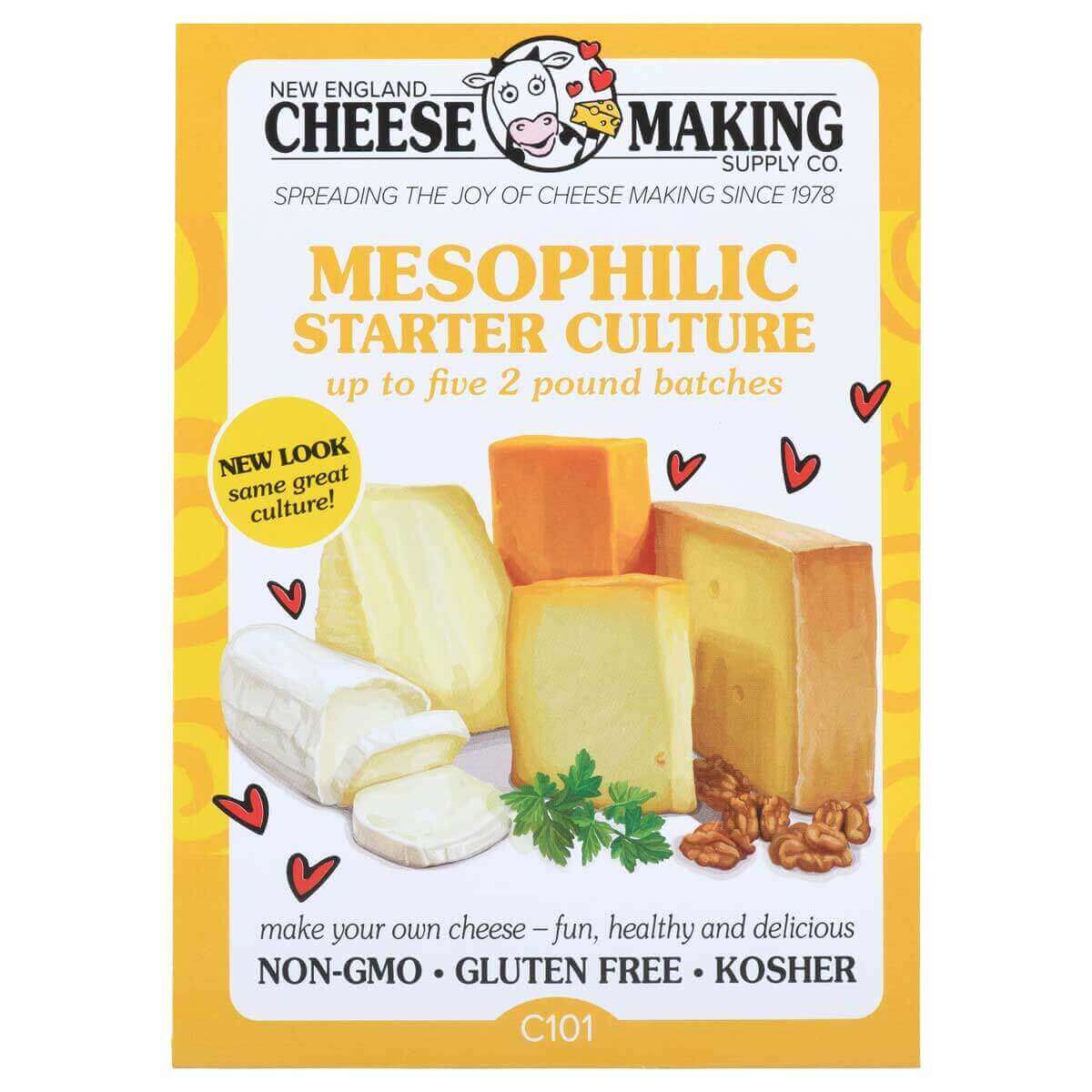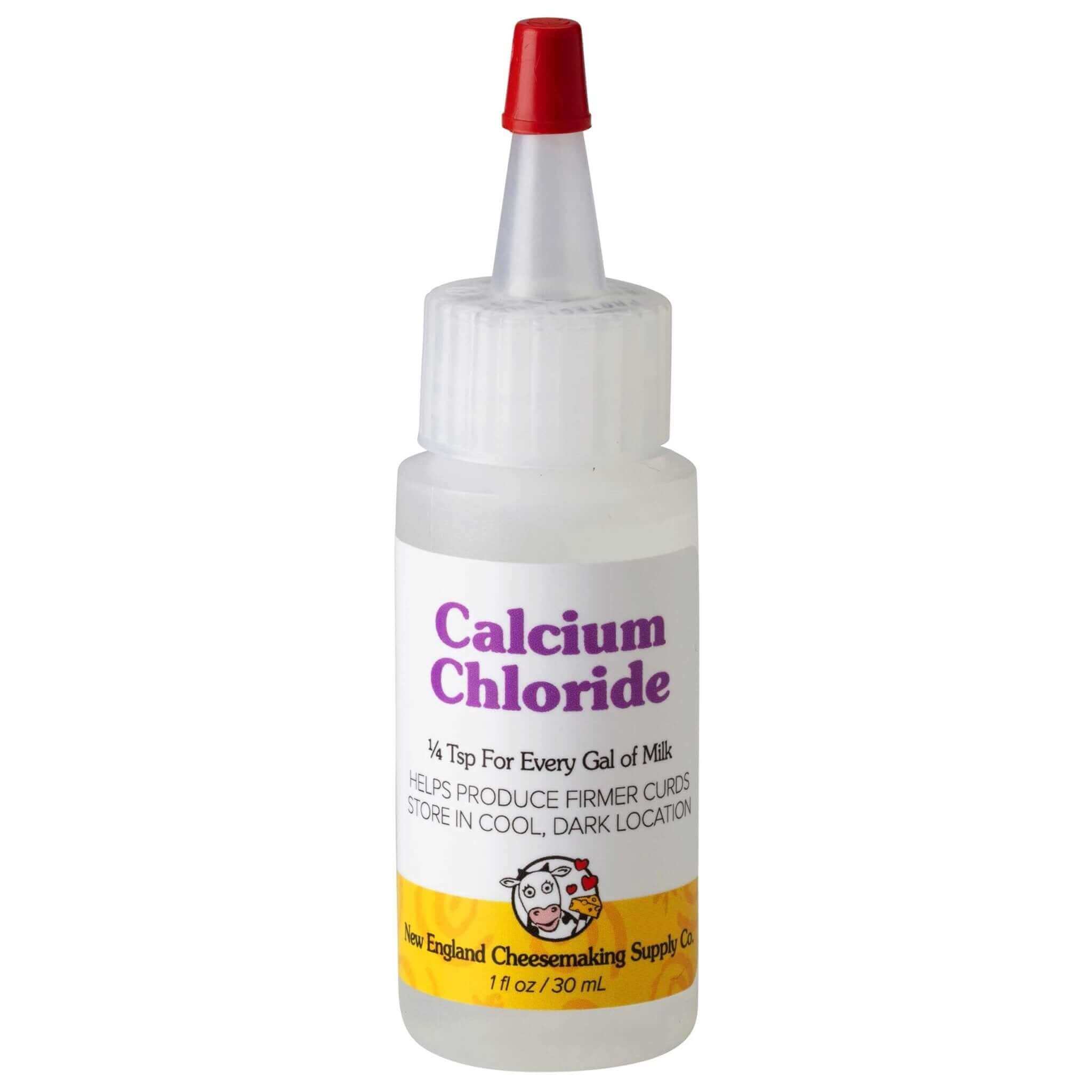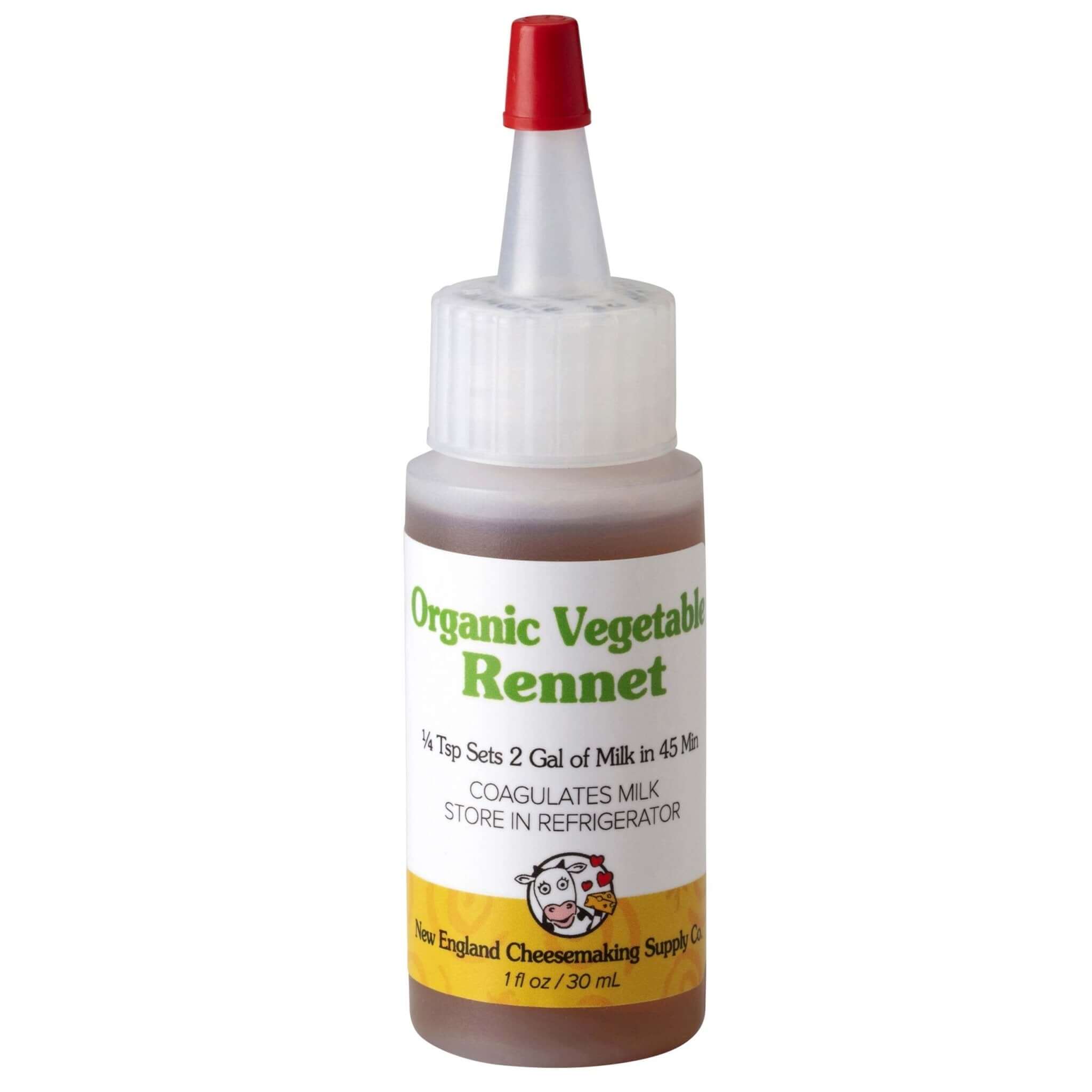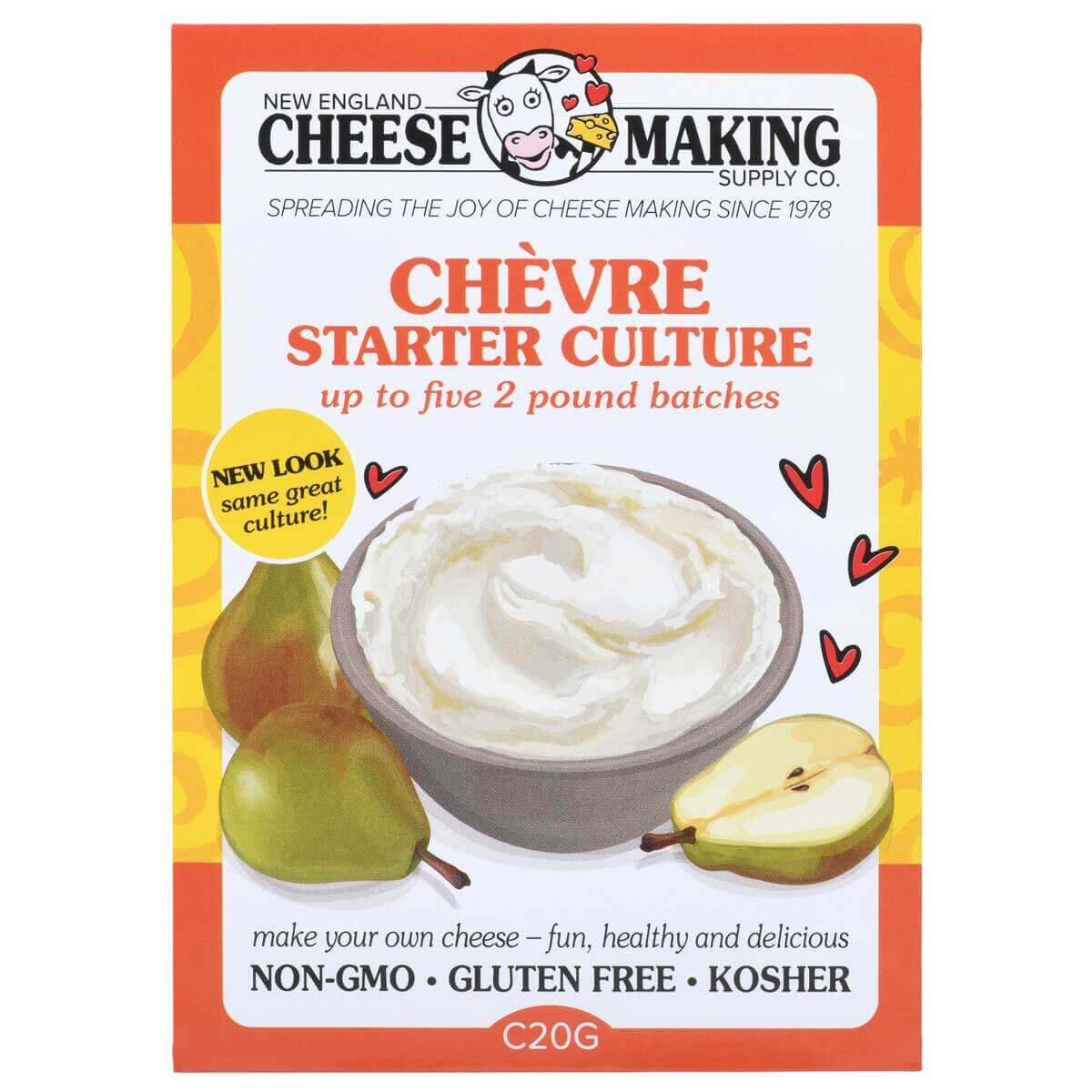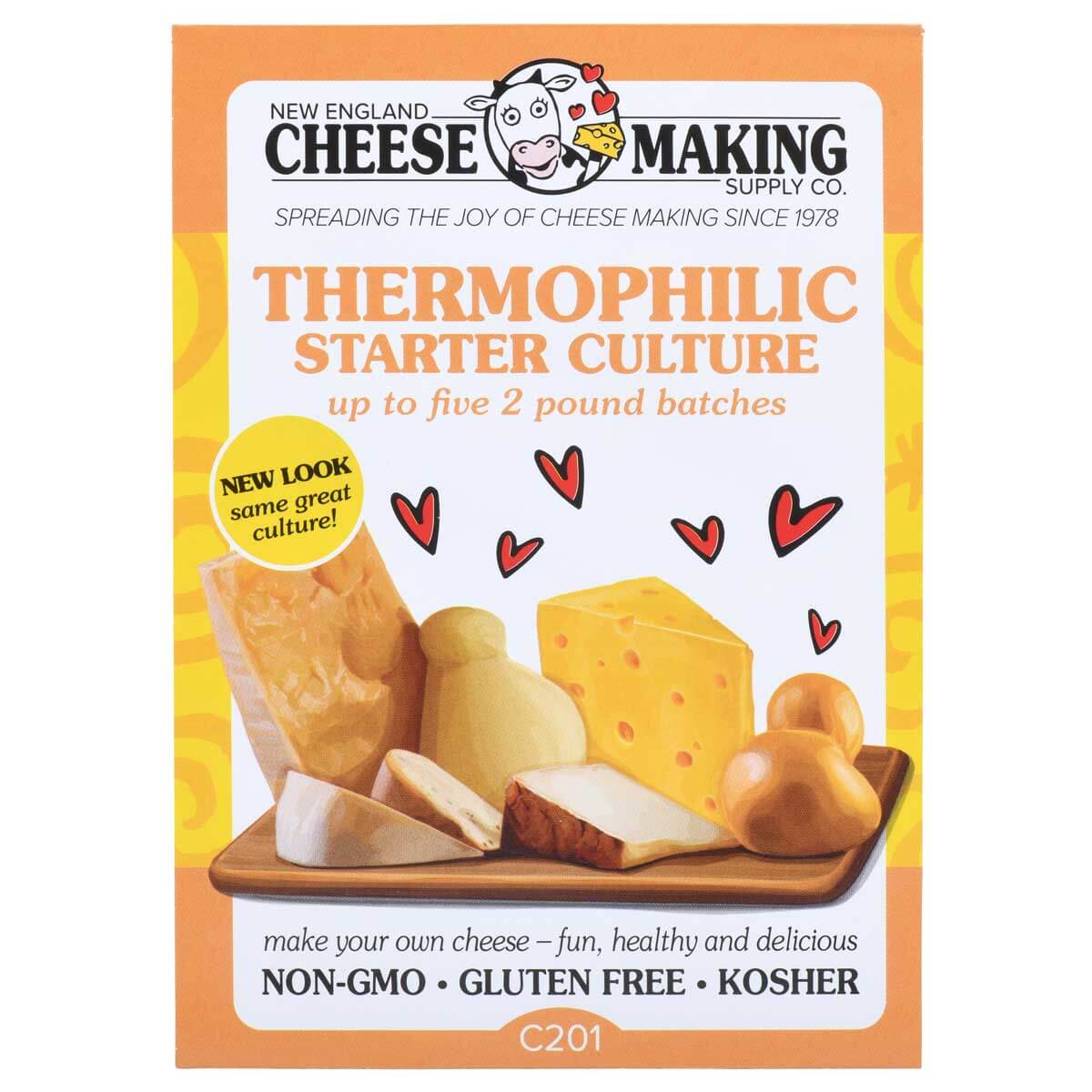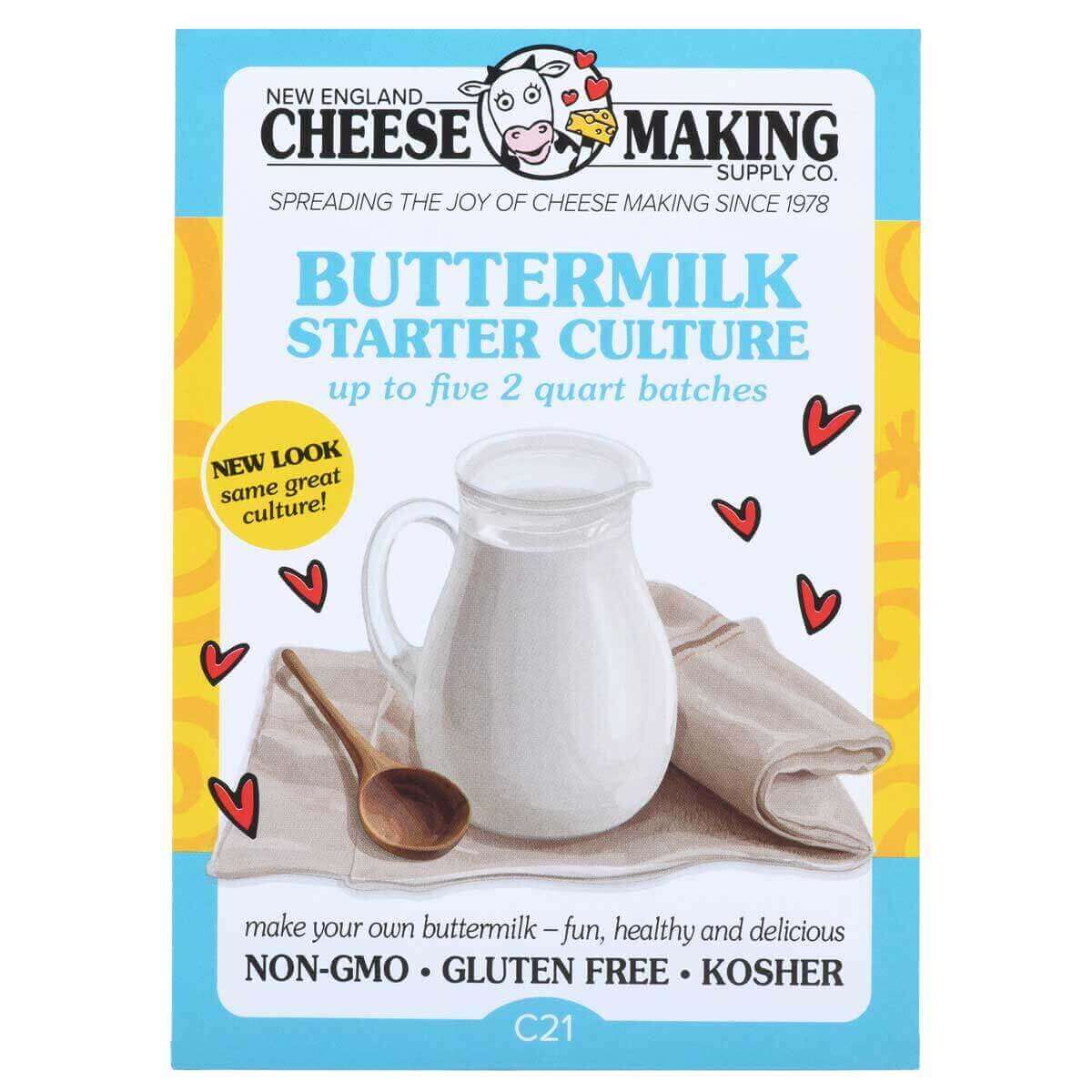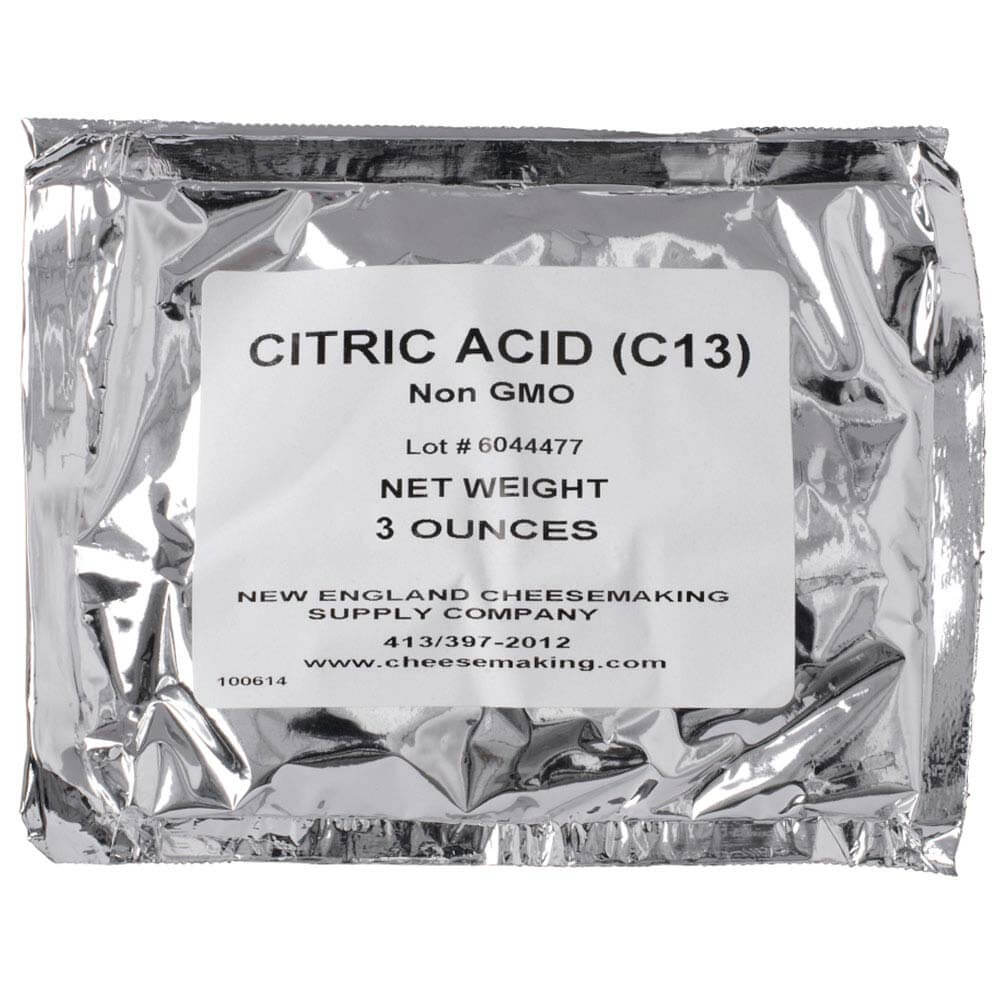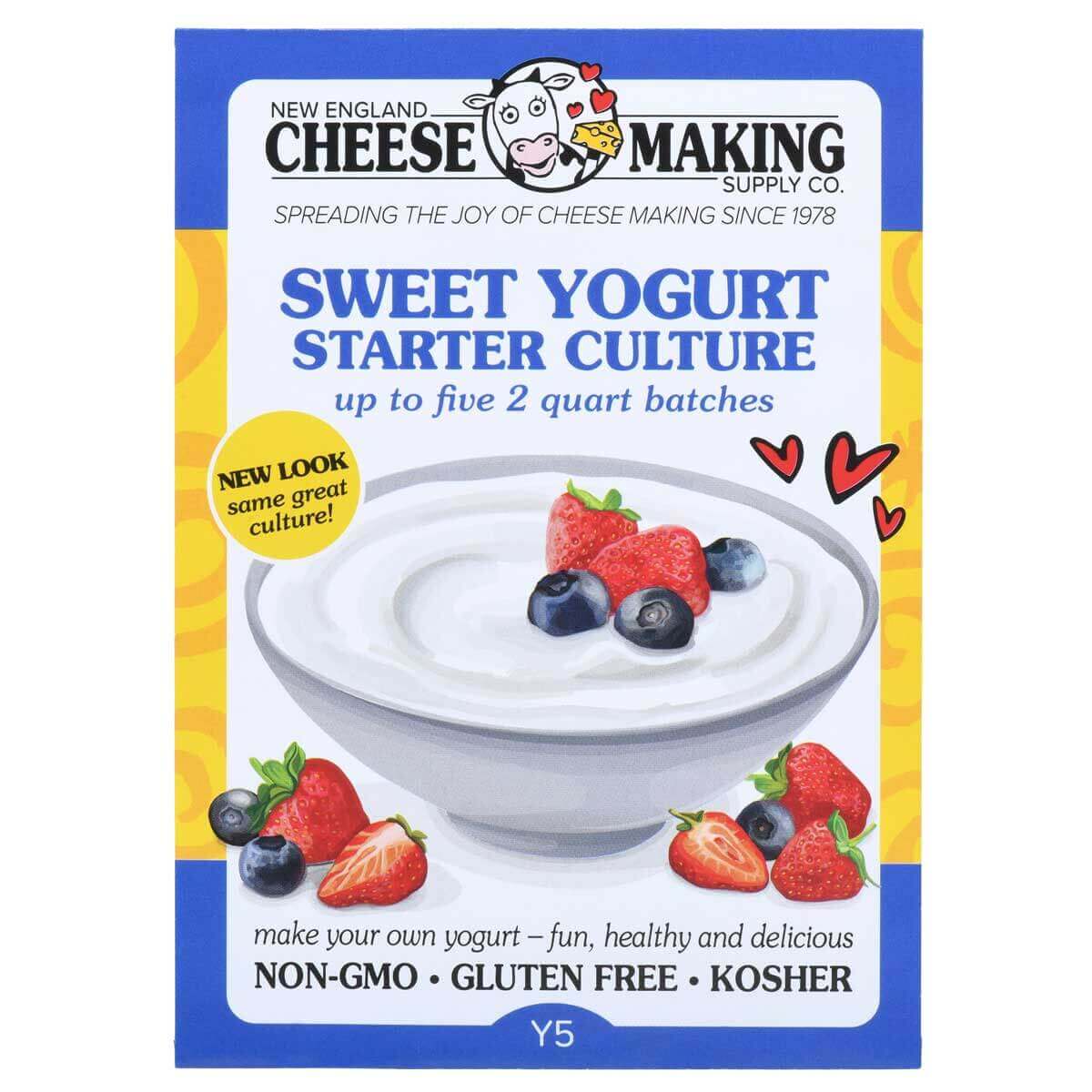 |
| Betty Kriel having a picnic near the McDonald Observatory |
She was inspired to learn how to make cheese while living in South Africa …
Betty and Herman Kriel live at an observatory! The McDonald Observatory is a research unit of the University of Texas at Austin, with facilities located in the Davis Mountains of West Texas. This observatory is one of the world’s leading centers for astronomical research. Herman manages the Hobby Eberly Telescope (HET).
Betty and Herman are both from South Africa. After they were married, they lived for a time at the Southern African Large Telescope (SALT) in Sutherland. (Betty’s used to living “in the middle of nowhere” because observatories are often located in remote areas where the skies are darkest at night. The views are breathtaking, so, of course, she wouldn’t have it any other way!)
 |
| A view of the valley from the McDonald Observatory |
 |
| The 107″ Harlan J. Smith and 82″ Otto Struve telescopes located on 6,800-foot Mt. Locke |
 |
| Hobby-Eberly telescope on 6,600-foot Mount Fowlkes |
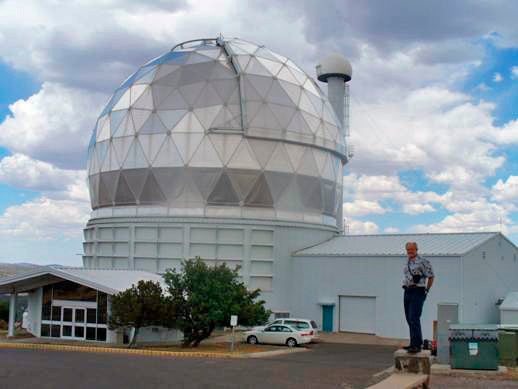 |
| Herman on his first visit to the HET telescope in 2006. |
How did you get started making cheese?
We arrived in Texas at the end of February, 2009. I started making cheese last year around September. Got the cultures and recipe books in June and then was too scared to start immediately. Had to get my head around it first.
I was always interested in making cheese (Bets, a Dutch lady whom I got to know living on our mini-ranch outside Pretoria got me interested, but I never had the time before moving to the USA). I was browsing the internet on how to make cottage cheese at home and stumbled upon Ricki’s book and website and decided that was it – I just had to start making cheese…..and I’ve not stopped since!
 |
| Betty’s kefir grains being re-hydrated. (We first got to know Betty when she responded to our question in the Moosletter about where to buy kefir grains.) |
What kind of cheese are you making?
I make all sorts of cheese – soft, hard, waxed, stinky ones, etc.. I have three books from which I make cheese (including Ricki’s – hers was the first one I purchased and it looks like it’s an antique, having been used so many times – I’ve made most of her recipes).
I haven’t ventured into concocting my own recipe(s) yet. Safer to stick to the trusted and tested ones for now. I’ve had a couple of flops (well many actually, especially when I started off making cheese – which the Javelina got to try) but also many that turned out fine. I usually give away samples to friends to taste and they give me their honest opinion.
Lately I’ve stuck to waxed cheeses as those require the least babysitting, wet nursing and nappy changing afterwards (we sometimes travel and then I’m away for up to a week and can’t look after the washed rind types properly). We also love Camembert and Brie – I usually make large batches of these and give them away as little treats to friends, too.
As I don’t have access to fresh farm milk (would love to own a cow somewhere) and/or goat and sheep milk, I make everything from store bought cow’s milk. We live at the McDonald Observatory which is in the middle of nowhere, so access to fresh milk is limited (well, really non-existent).
 |
| Mats drying off in the oven (set on 170F) after being washed. This dries and sterilizes them at the same time. |
How did you begin making cheese?
I started off last year around September with a Swiss cheese (yes, I know – should have chosen a safer option as a first cheese – but then I always tend to jump into the deep end first).
Well, as it happened, we were off to Austin for a week when this cheese was supposed to be pampered on the kitchen counter and wiped with a cloth dipped in brine. I took the cheese with me to the hotel and did what had to be done there. You can imagine what the room smelled like and what Cleaning Services probably thought of this! But the cheese survived and was very good when we had it eventually.
I also love home made butter (from store bought cream) – I started making our own butter many years ago when we still lived near Pretoria in South Africa. I also always use a traditional butter churn which we got as a wedding present from a Dutch couple in South Africa and a butter press that I bought from an antique shop over there. It brings back happy memories when I use it.
How are you aging your cheeses?
I went (probably a bit) overboard as we don’t have a basement in our house and I sometimes have quite a few and different cheeses aging all at once. So I have one fridge which runs at around 45-48F and an old one I got for free through our local Freecycle group and which runs at around 50-55F with the help of an external thermostat. These are both standing in our study and of course, opening them sometimes makes the study smell really cheesy! Hubby knows he just has to live with this if he wants to keep eating cheese!
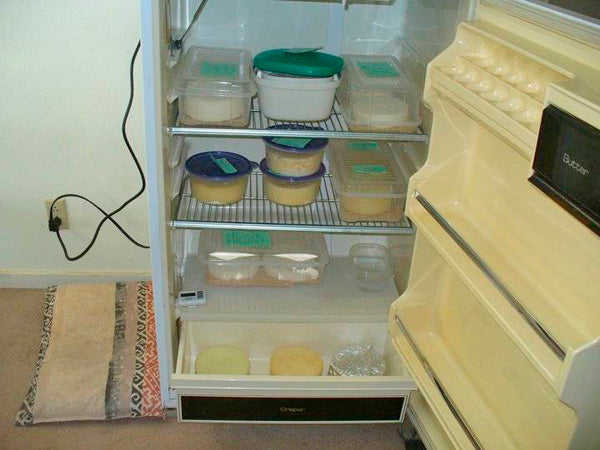 |
| The “old free” refrigerator running on an external thermostat |
 |
| The newer fridge which is set at a colder temperature |
Her other hobbies …
During the process of interviewing Betty, she mentioned a “few” of her other activities. (Isn’t it amazing how interesting cheese makers are?)
I’m into jewelry making but still trying to set myself up again here in the USA in Herman’s garage. Had to replace several pieces of equipment when we moved here, e.g. my gas set and workbench, etc. Will hopefully start creating something again early next year.
 |
| Here’s a picture of what I did with large used coffee filters. I painted them to look like lavender bushes. I love lavender! |
I also play around with silver art clay from time to time and make beaded jewelry. Then I ventured into making little half-body dolls (I call them thimble dolls – long story and started with my mom collecting thimbles.) last year and wooden wash peg dolls (presently doing my first batch). I also do stained glass (have made a few lamps), do needlework (make clothes for myself), do teabag art (pic below), make chocolate, paint a little, make wind chimes and murals from recycled stuff, etc.
You let the tea bags dry out after using them (obviously spread out from one another and flattened a bit – takes a day or two) and then make a small incision on one side and get rid of the leaves (I mostly throw the leaves onto my plants outside for compost). I iron the bags to straighten them out. I’m now doing a tray and a bowl with the tea bags – using mod podge to glue the bags onto the pieces. There are so many things you can do and make from the tea bags.
Regarding the different tea bag sizes – our rooibos ones are normal sized (like American standard bags), then I also get larger ones from the visitor center here on site (which they use in the cafe) and the long thin ones are those that have been stapled and folded double (I take out the staples and stretch them out).

